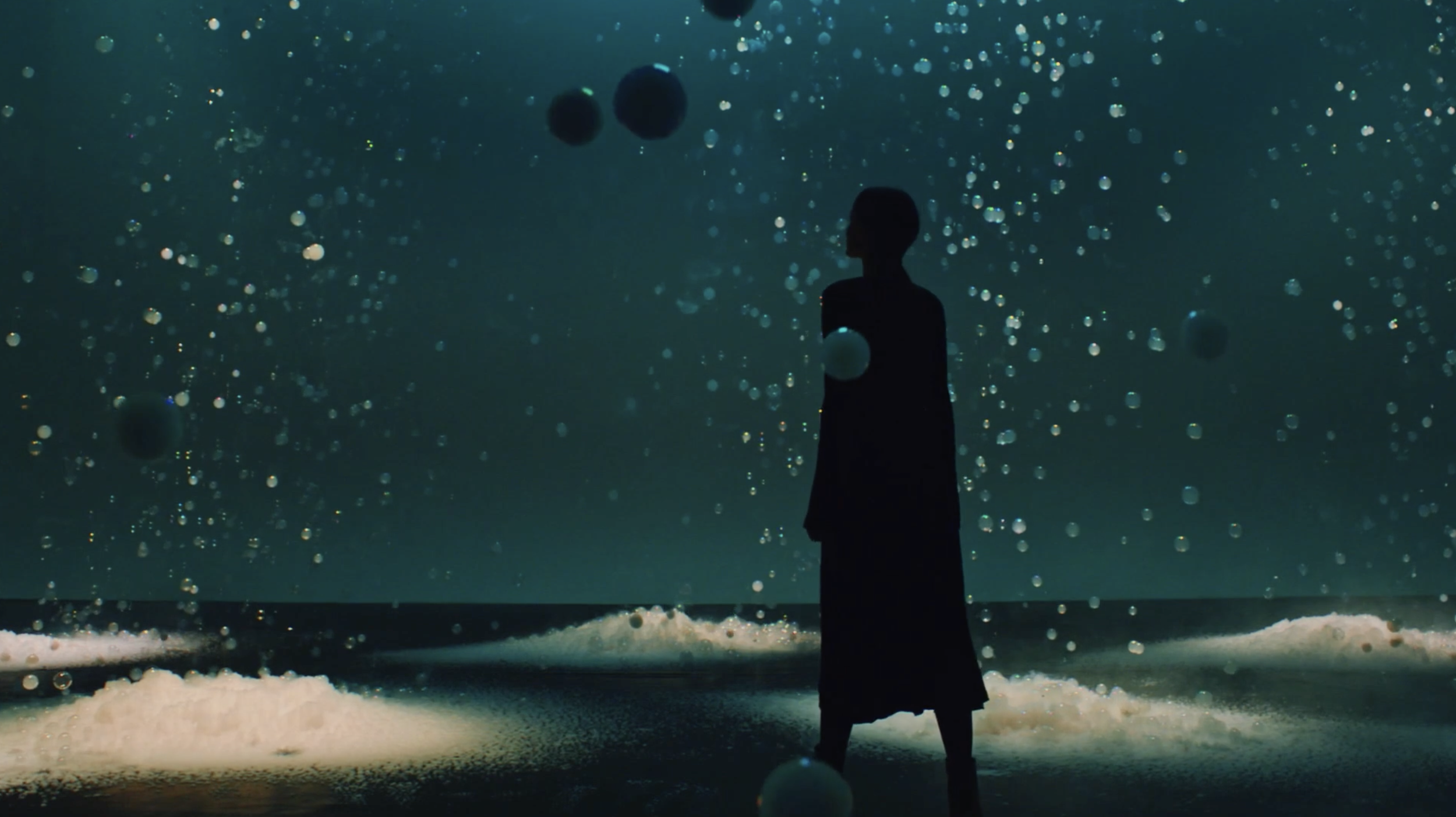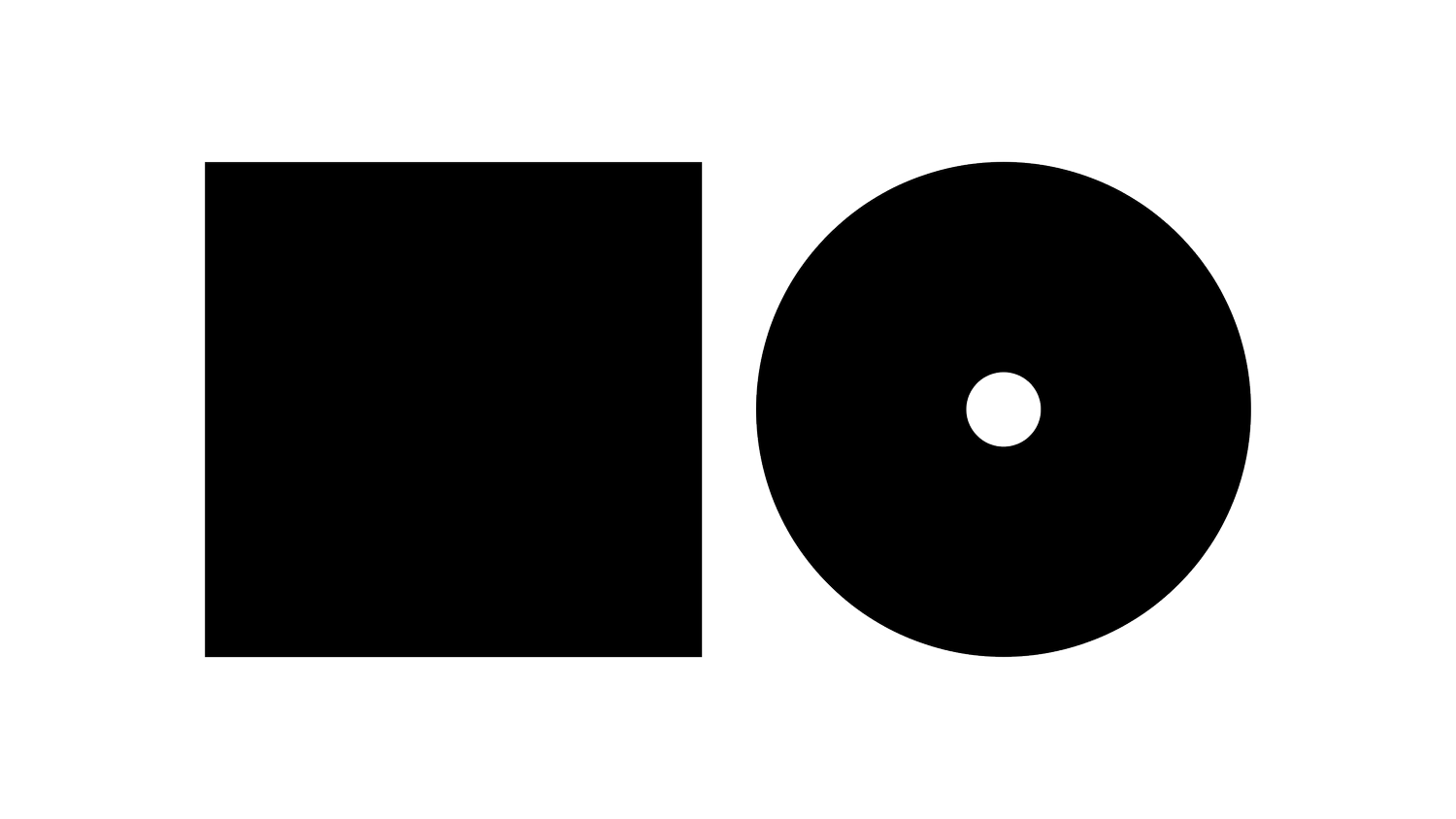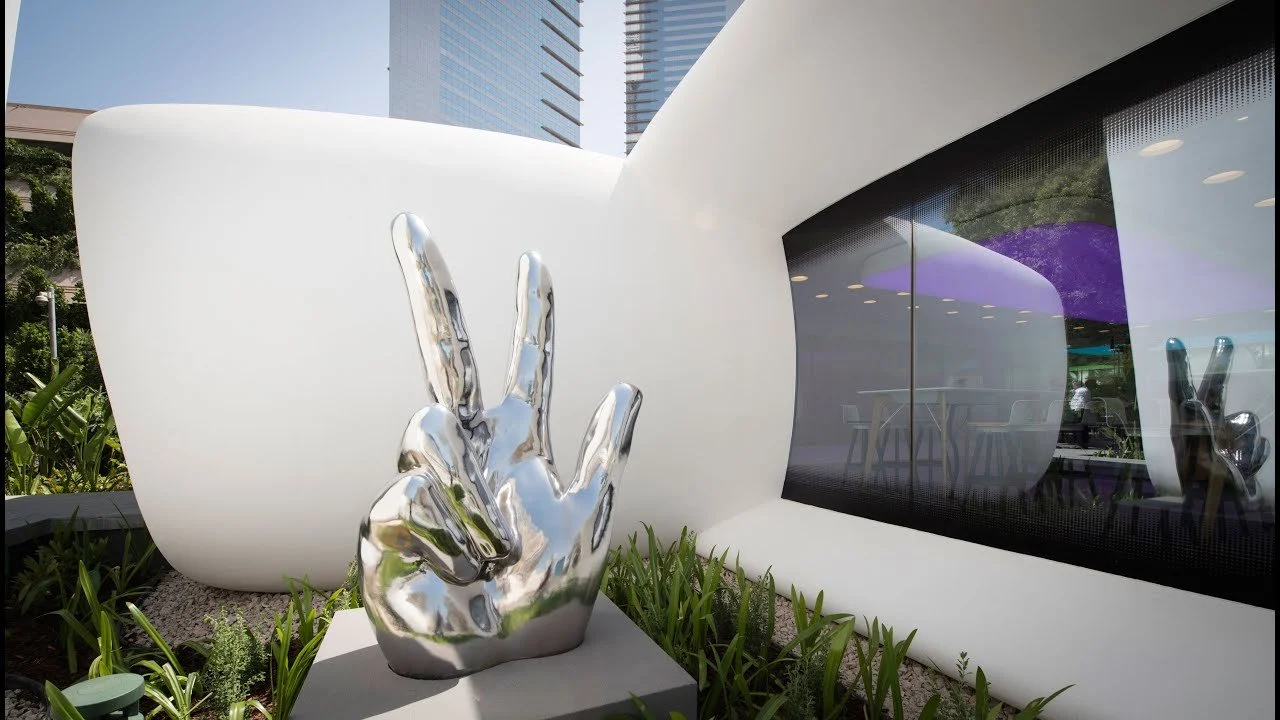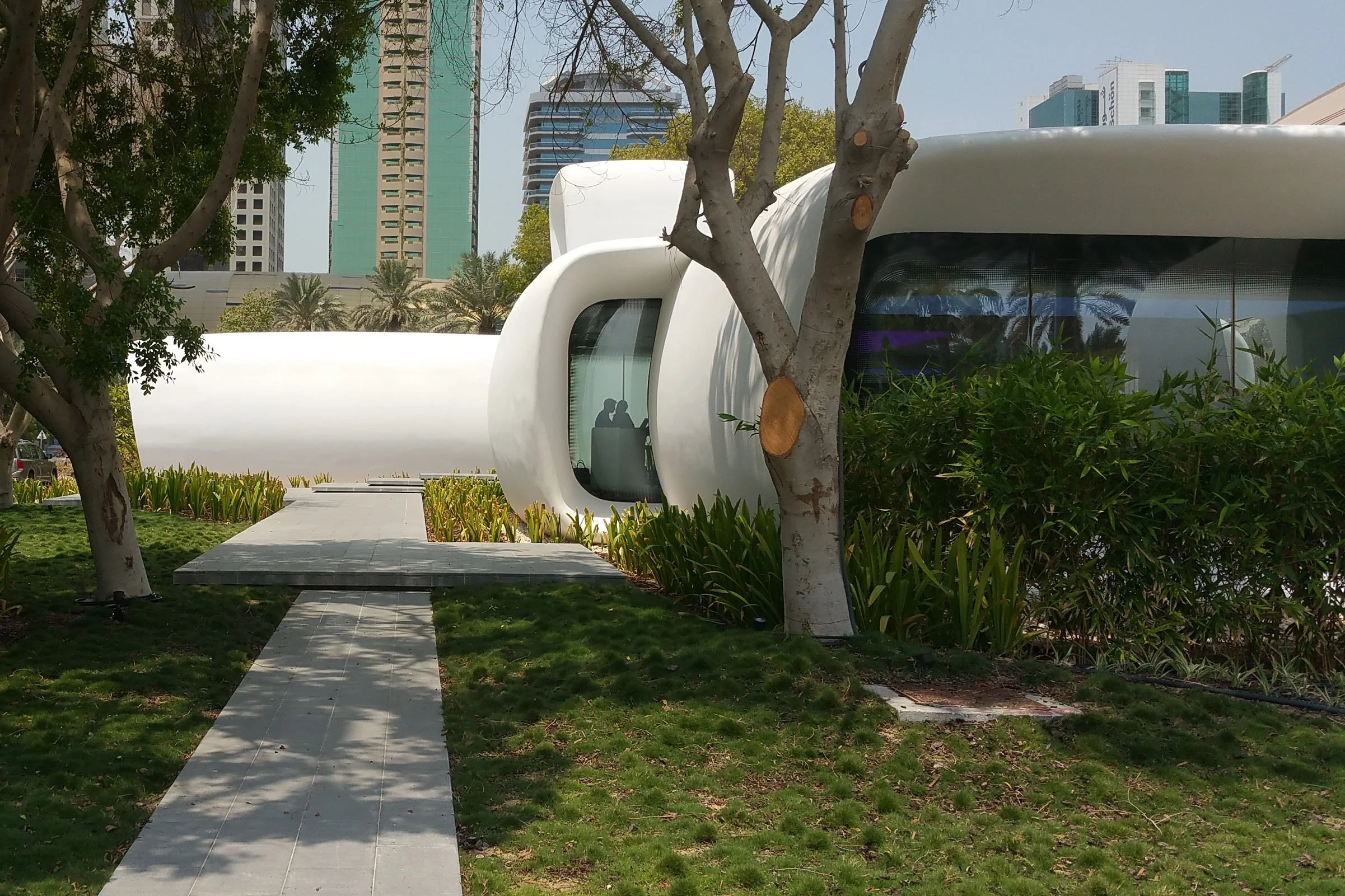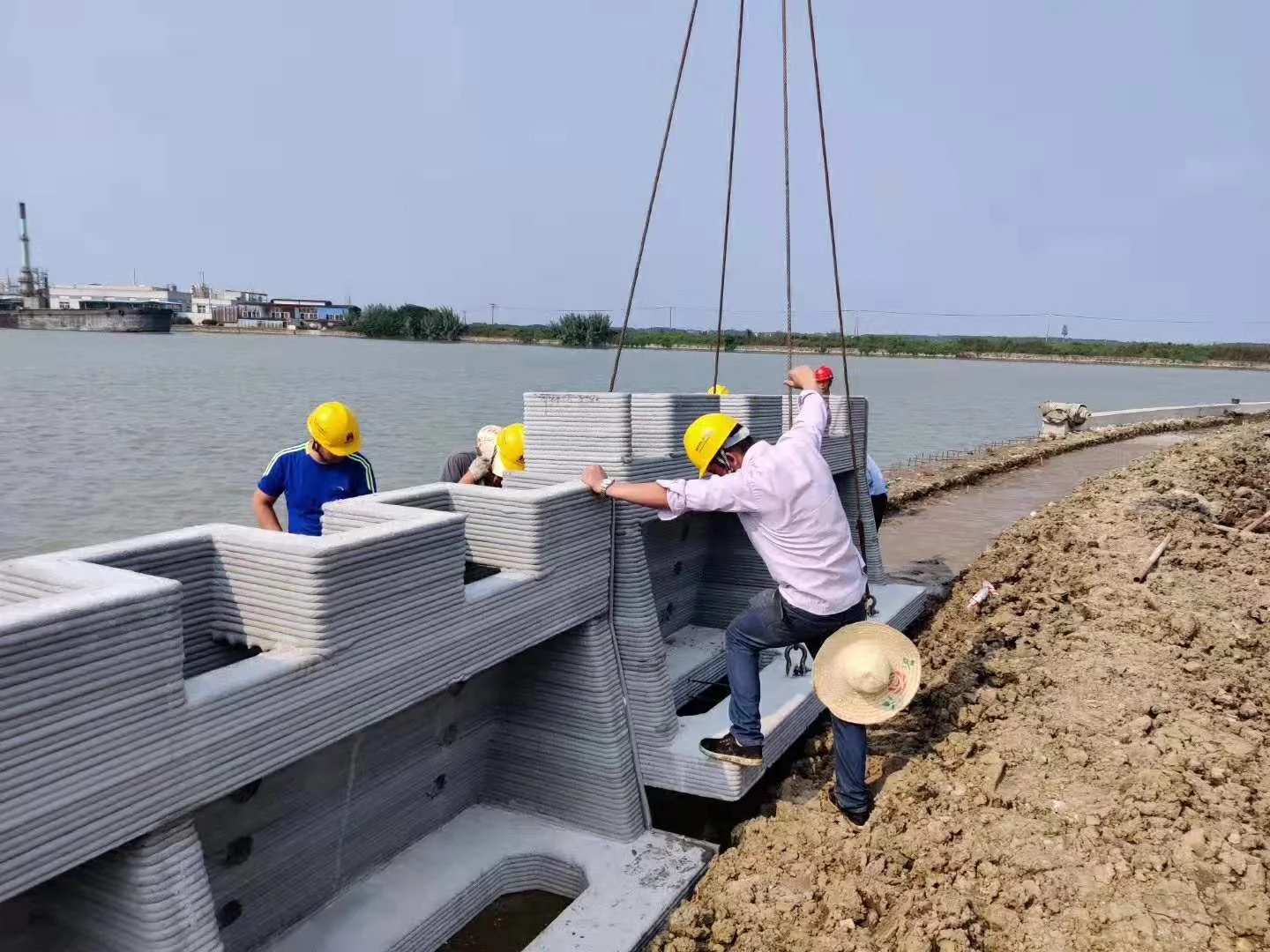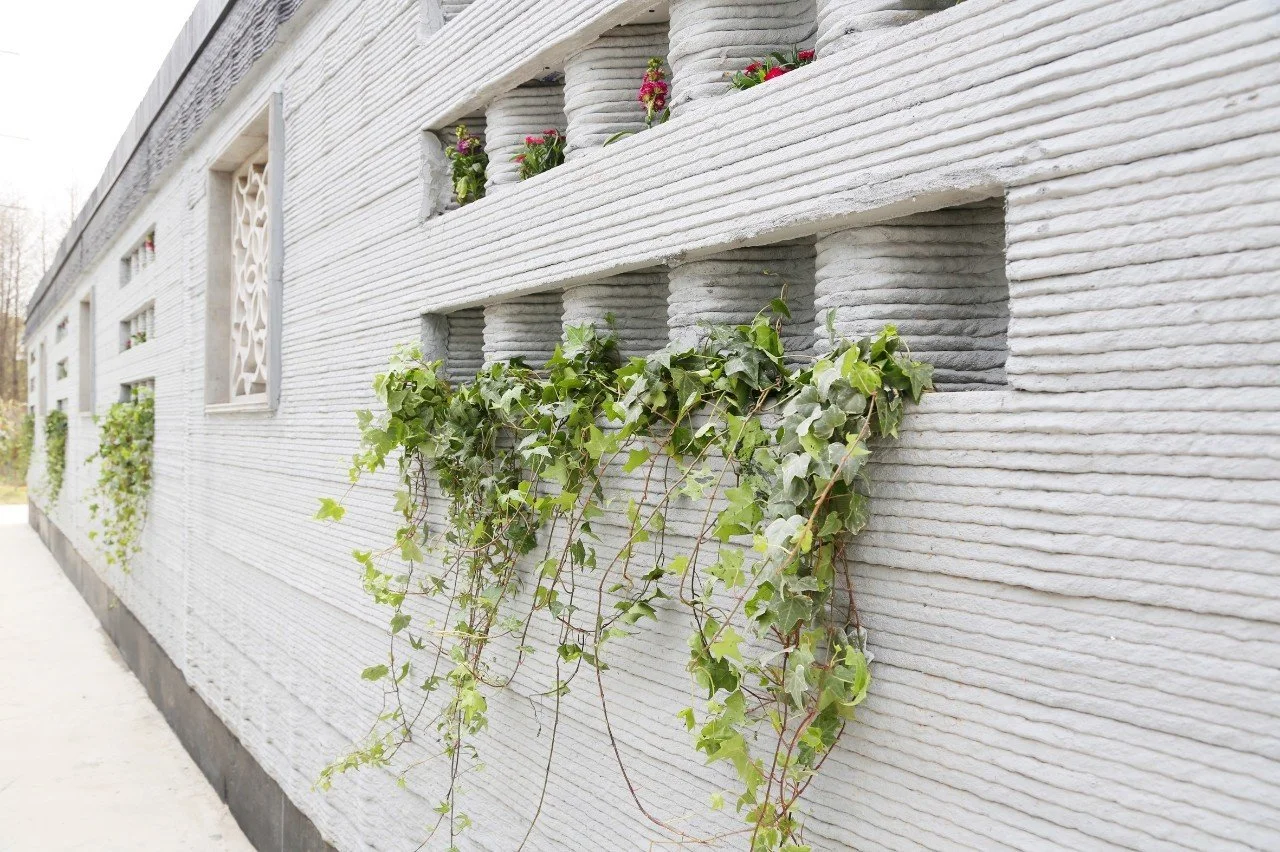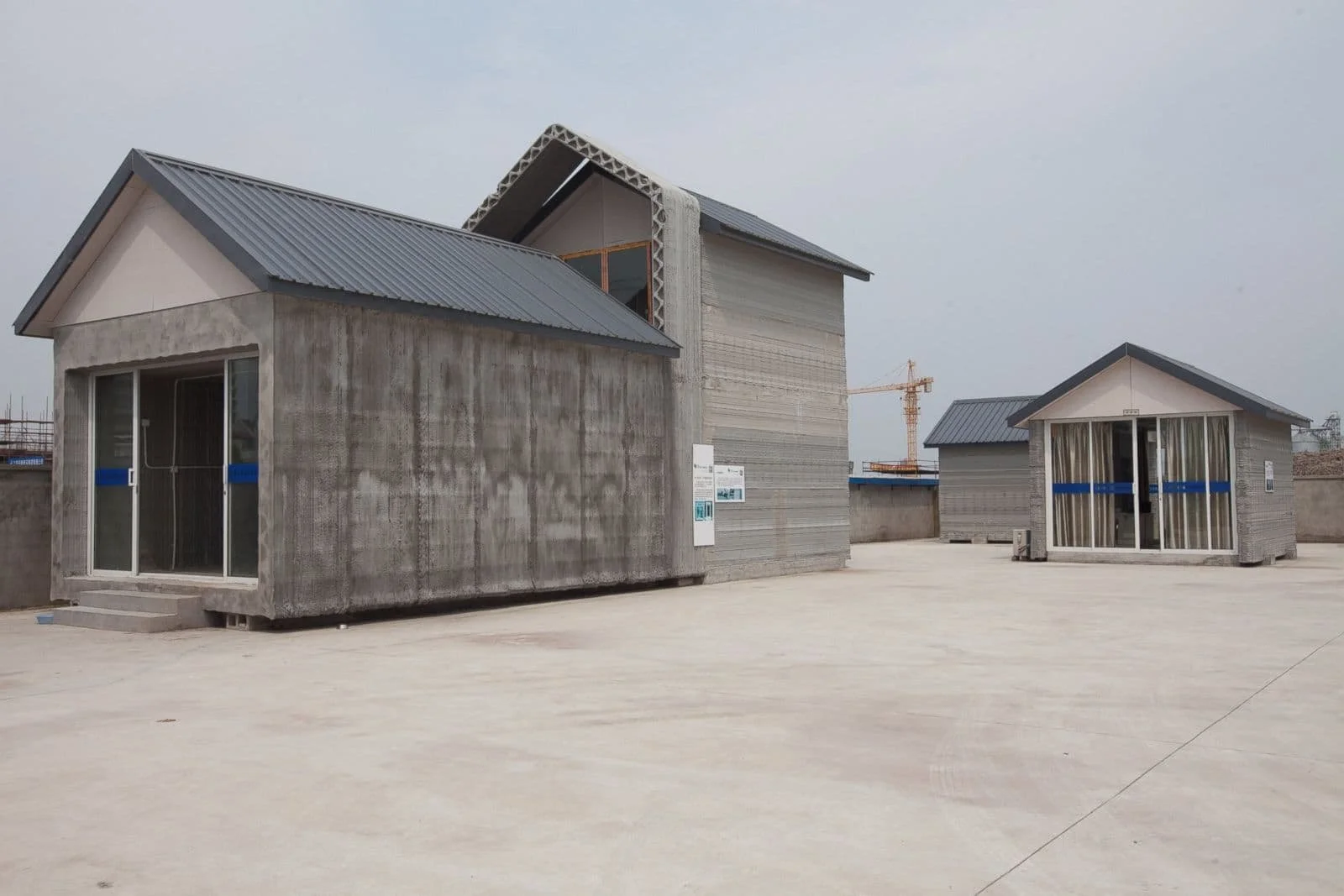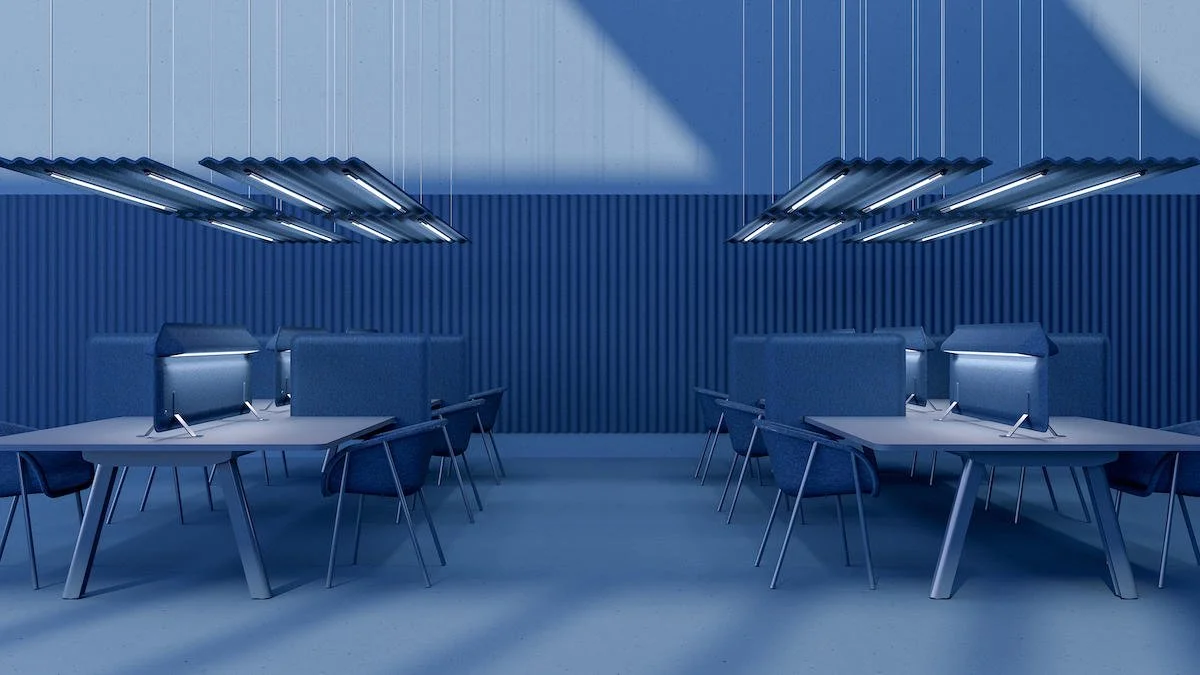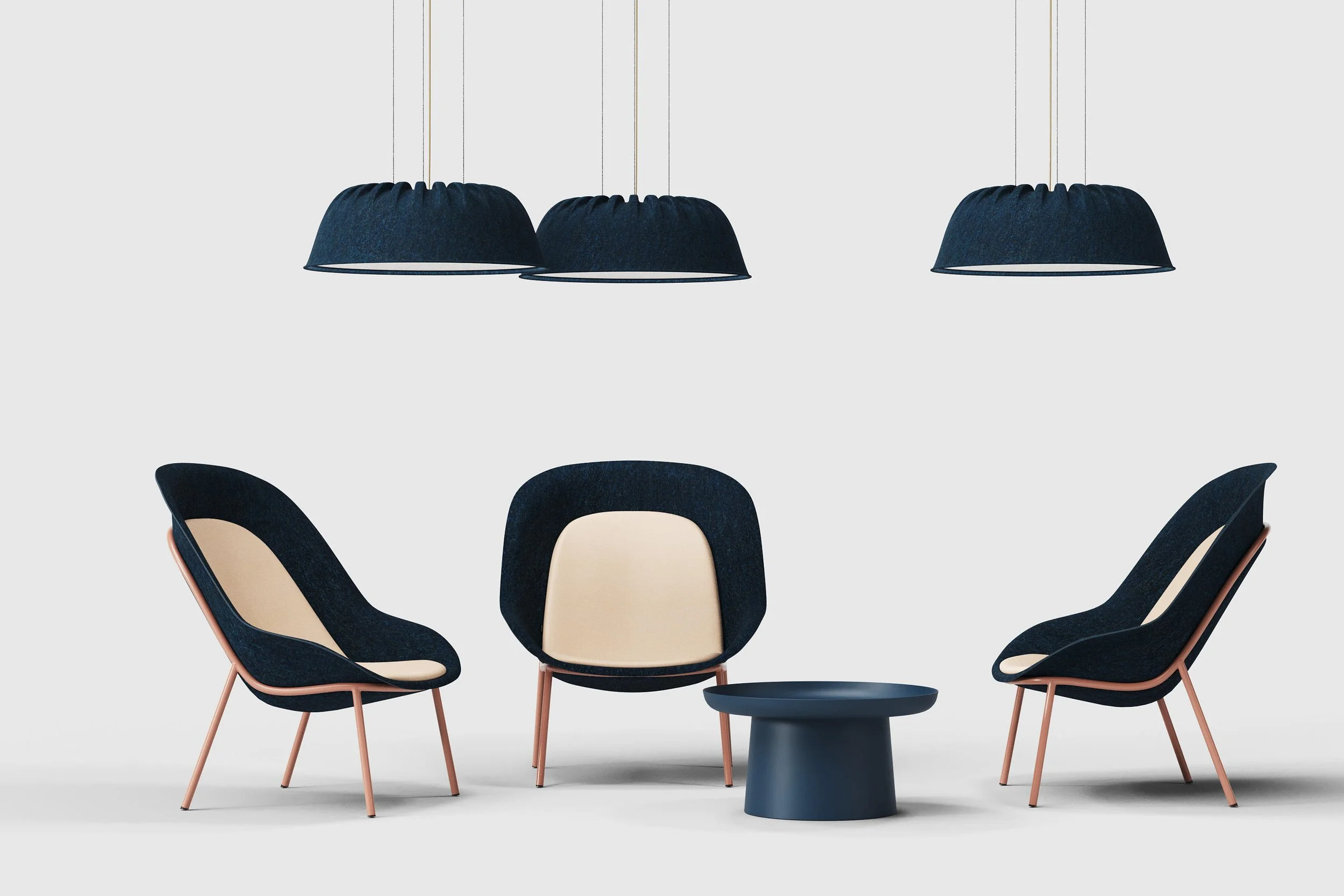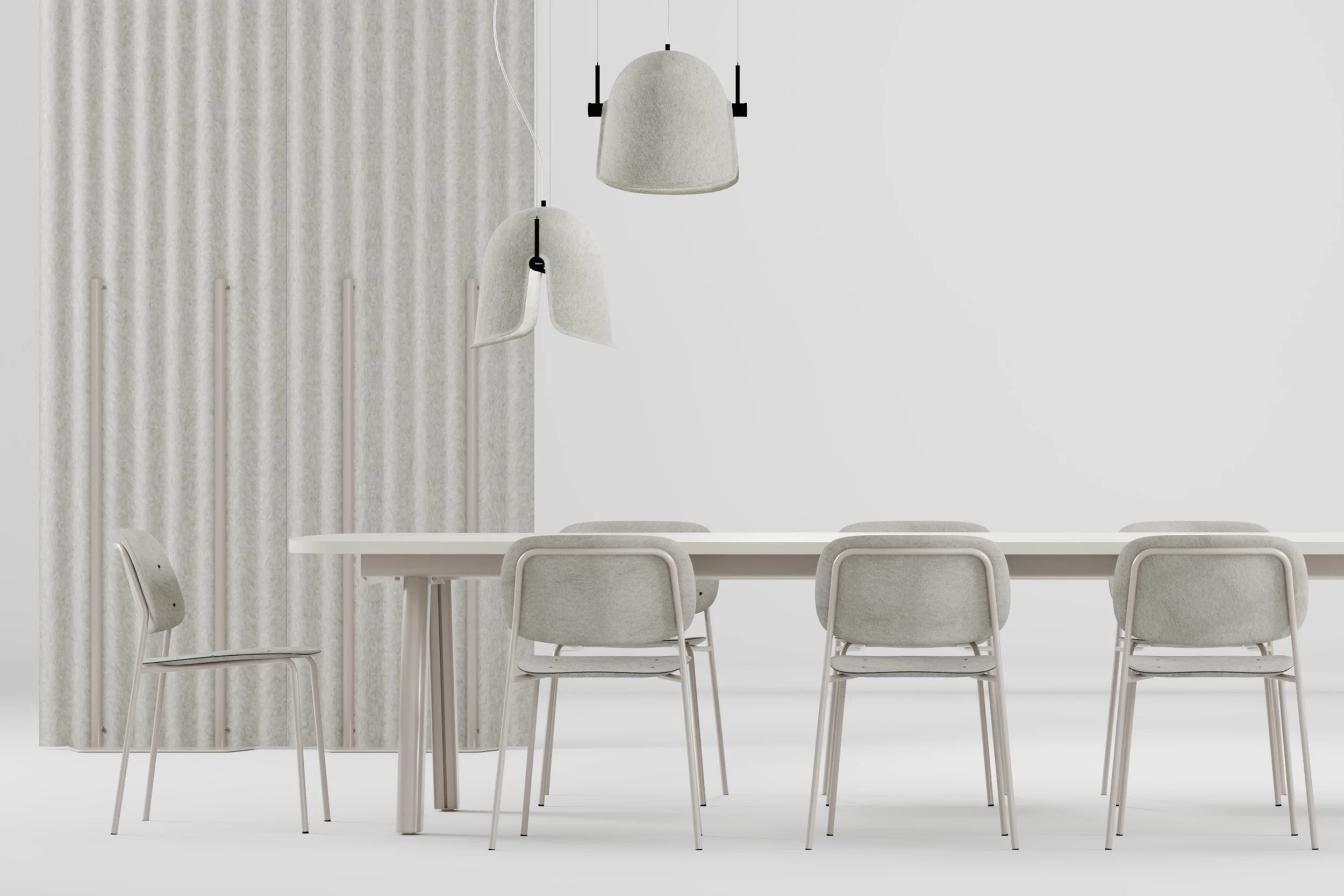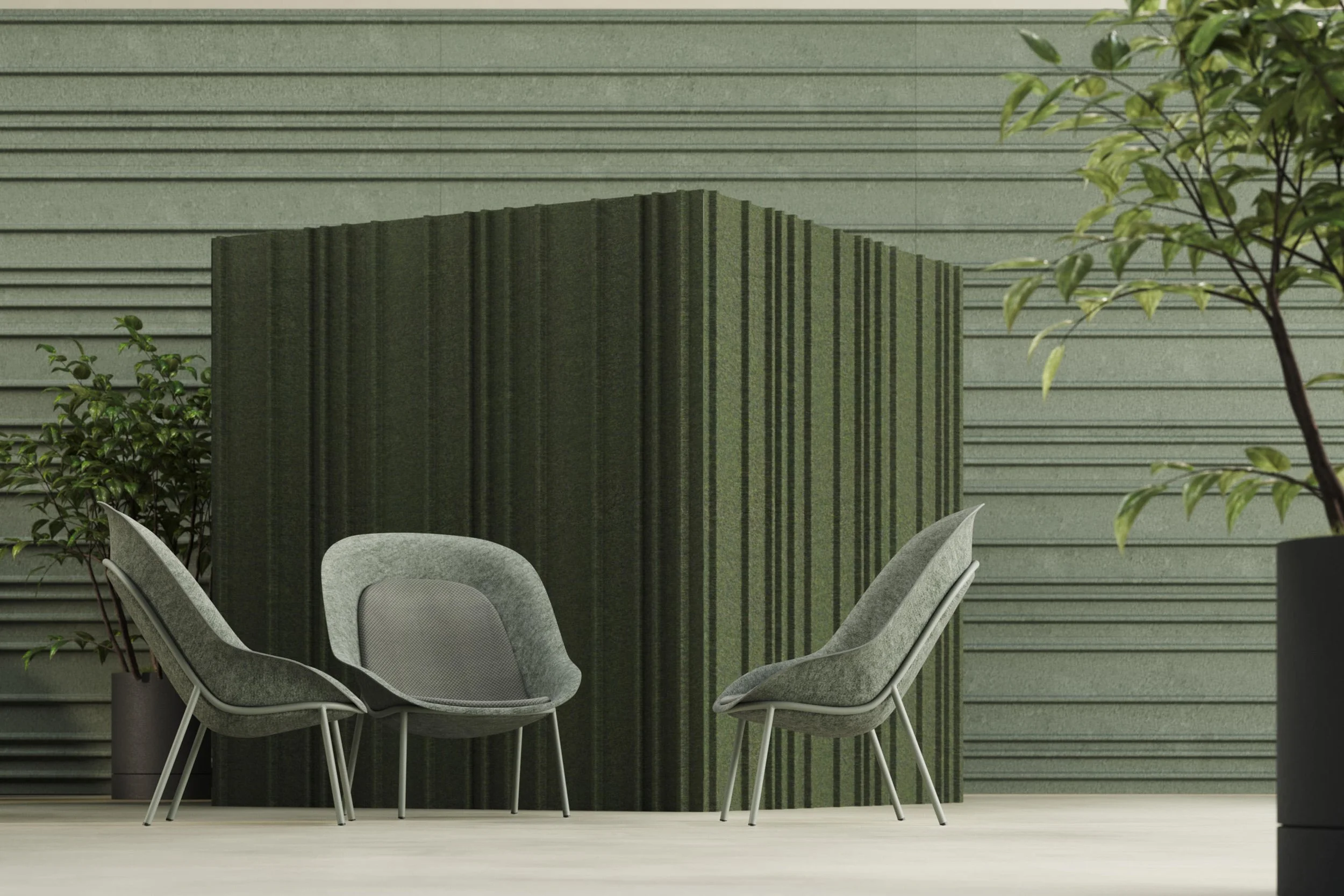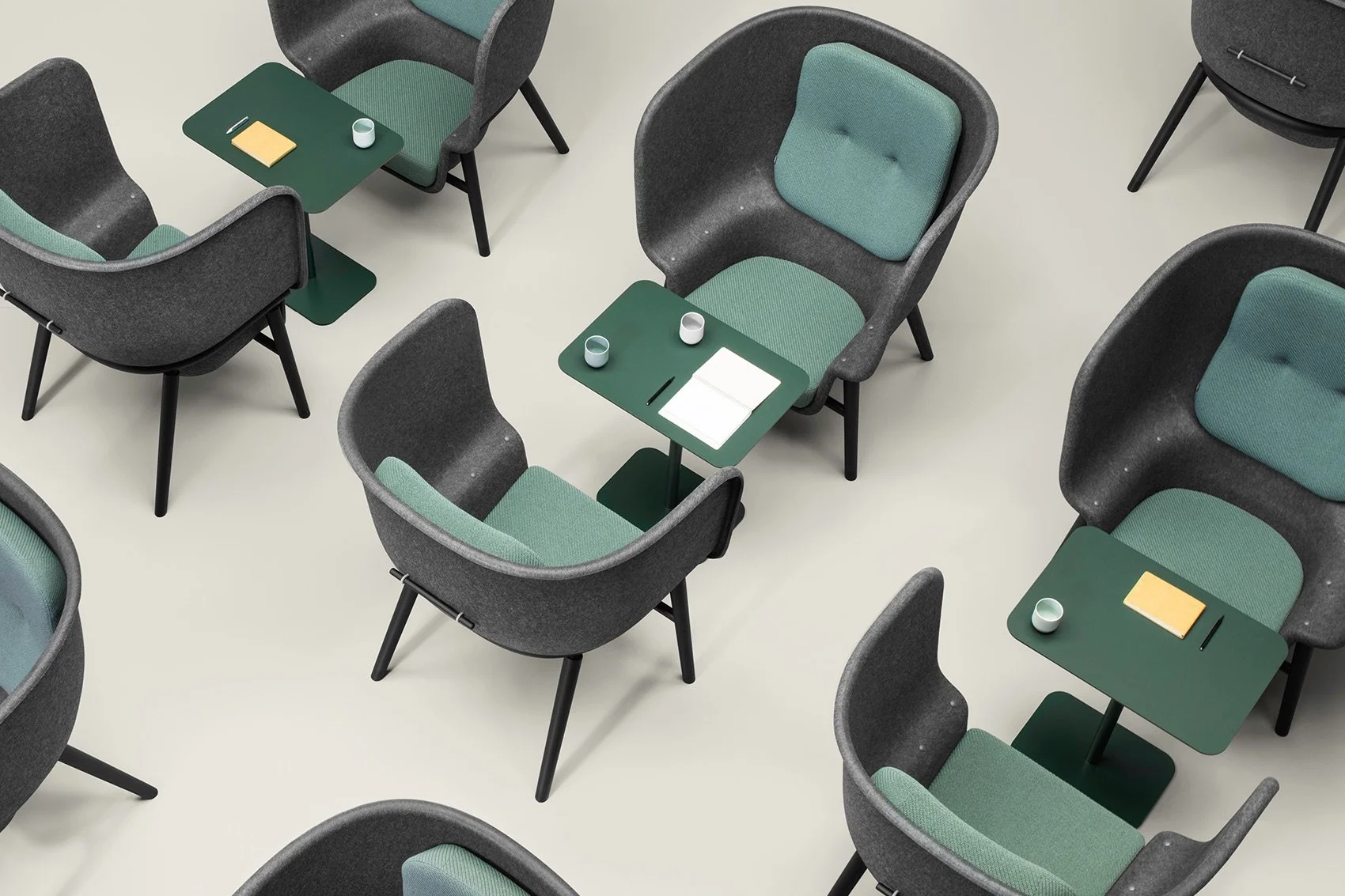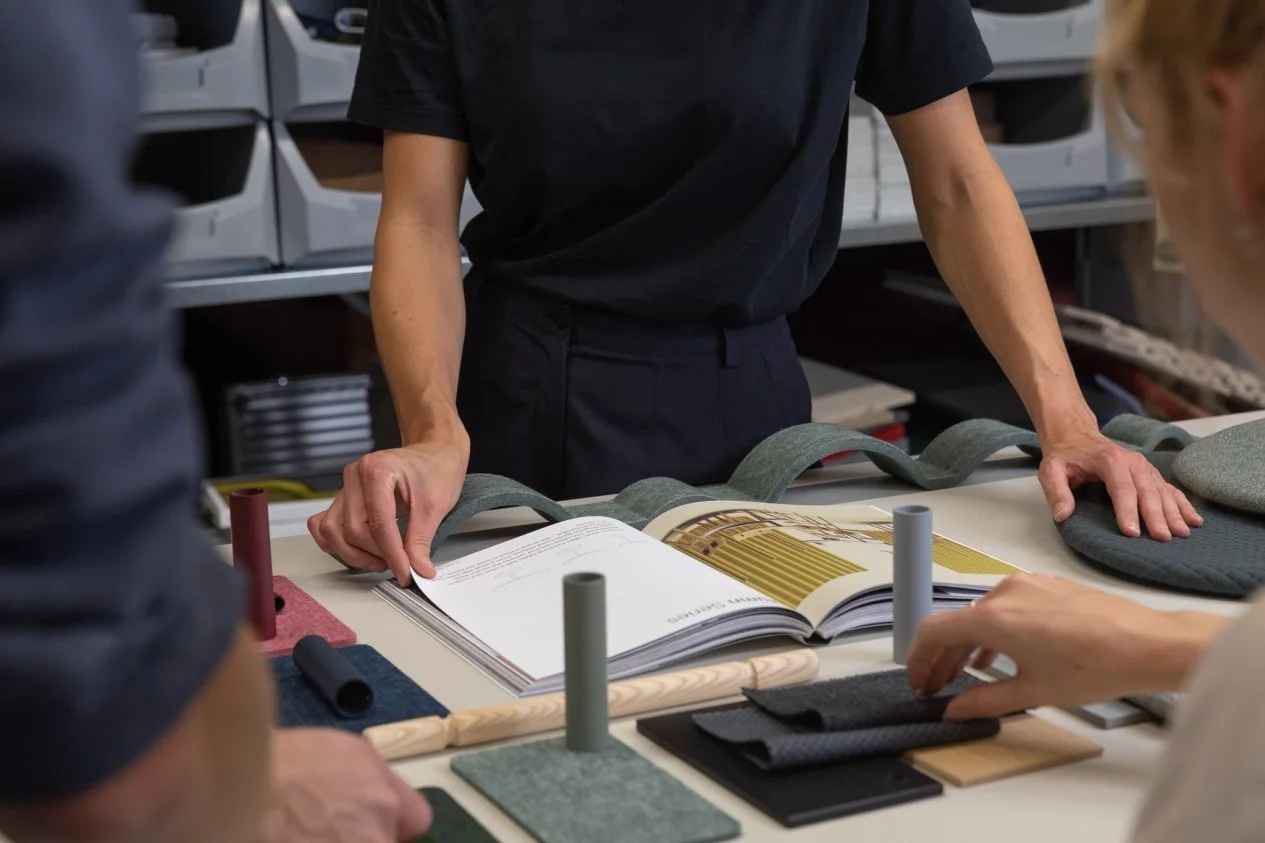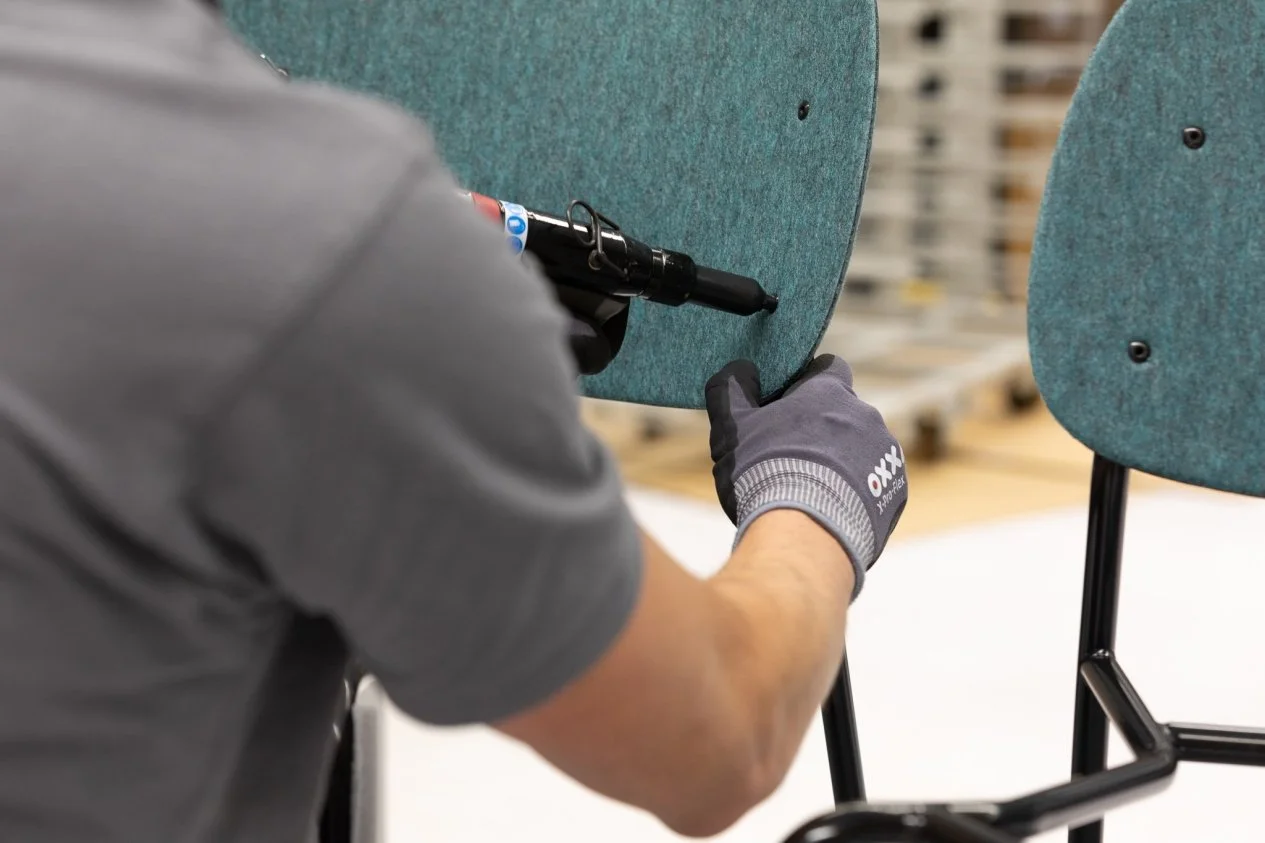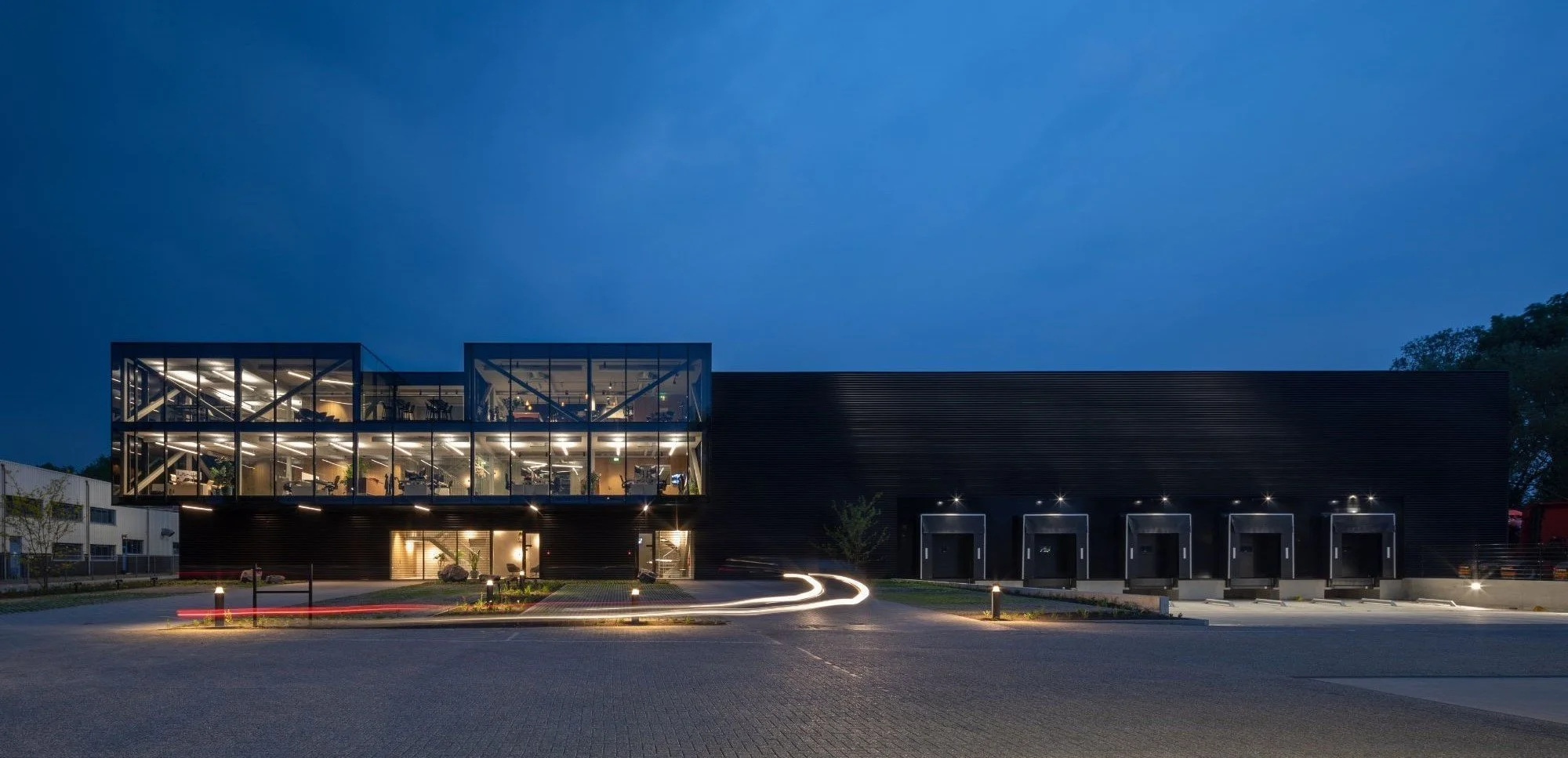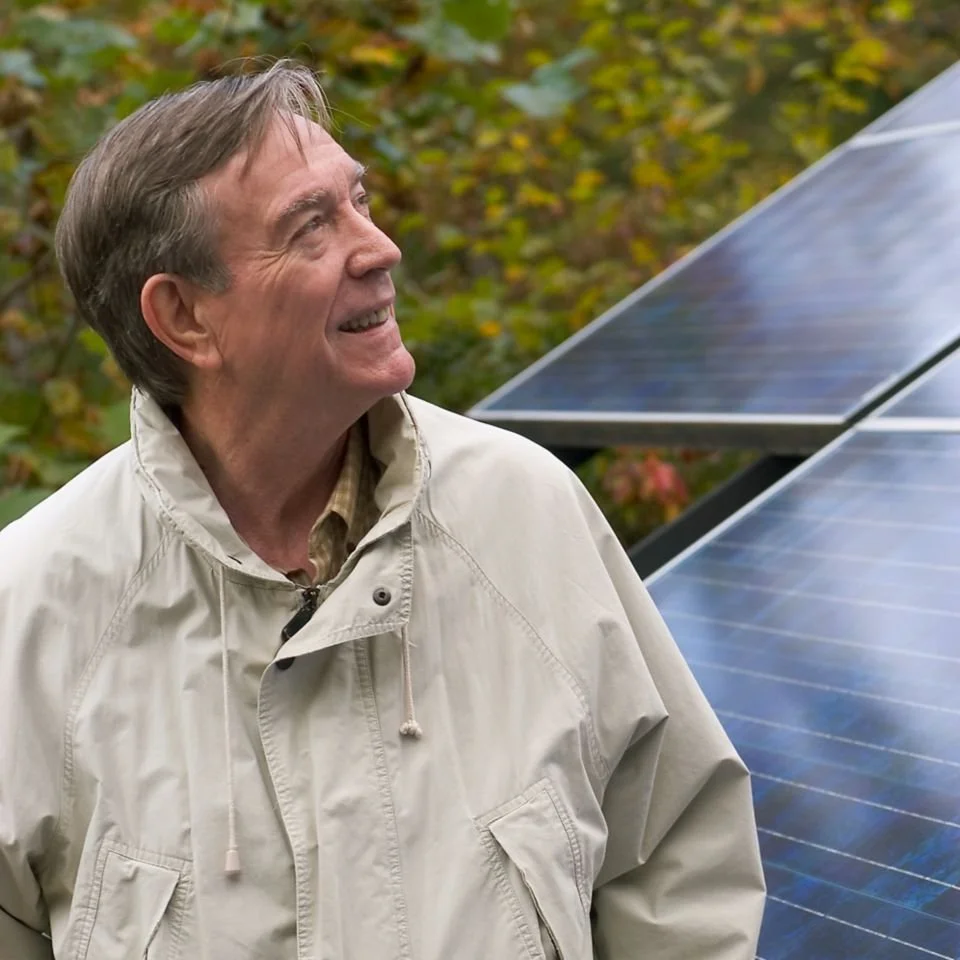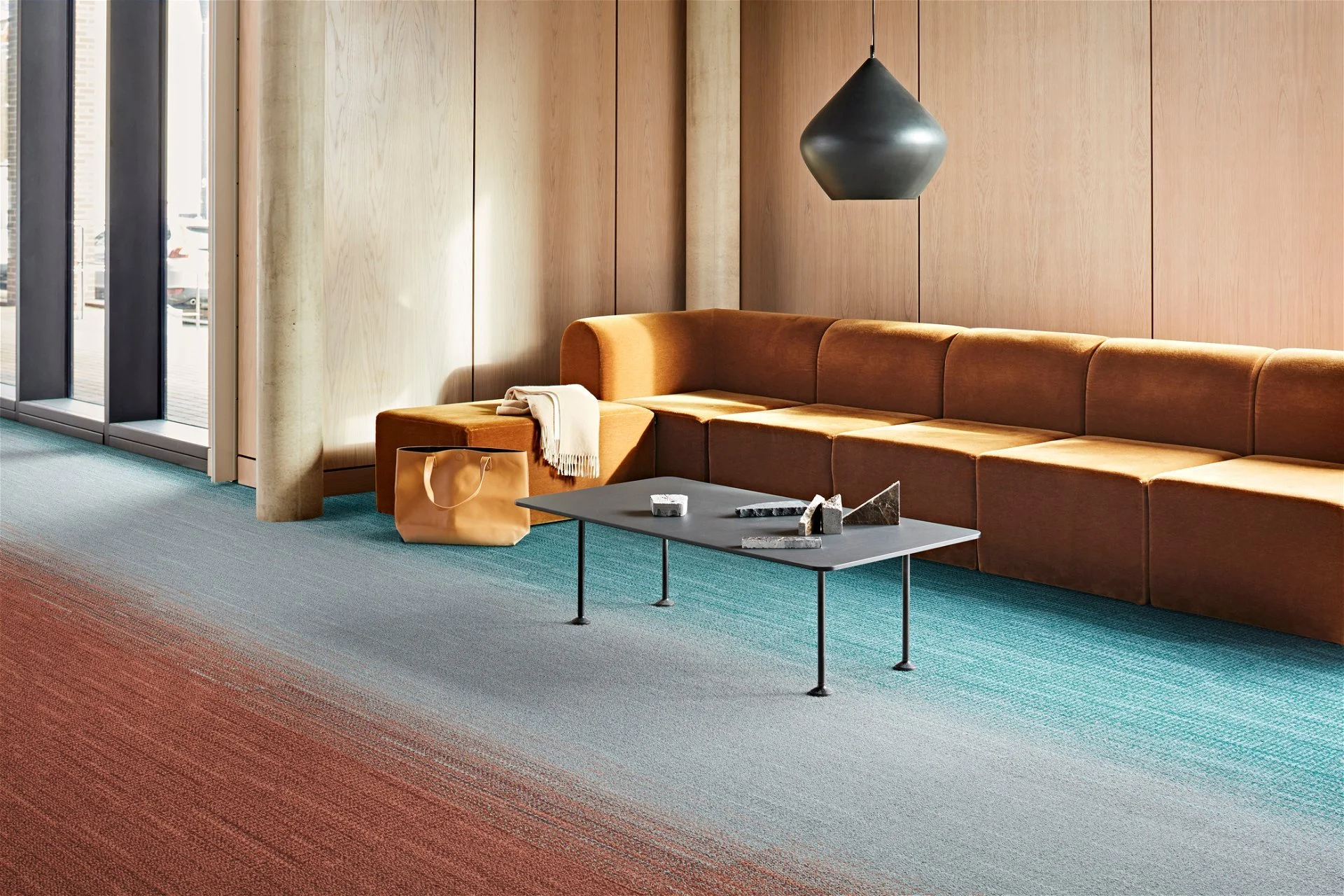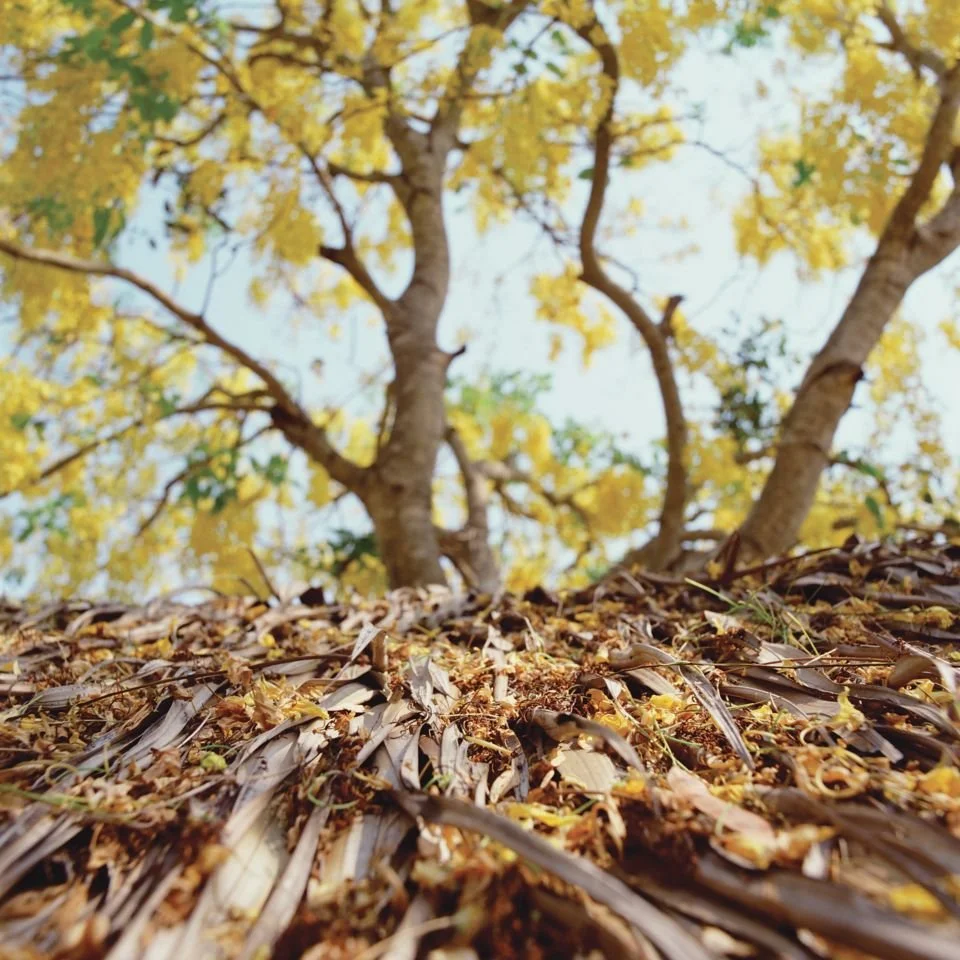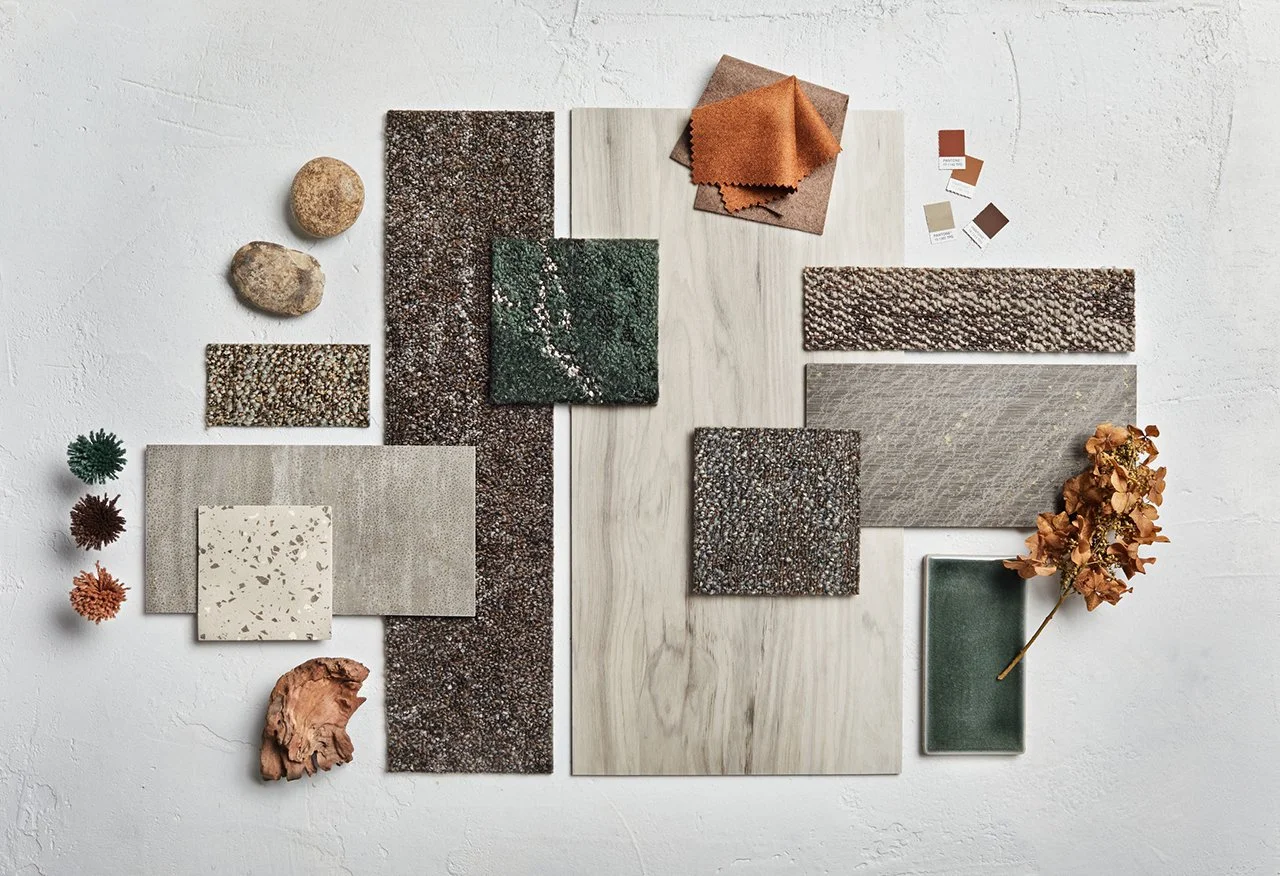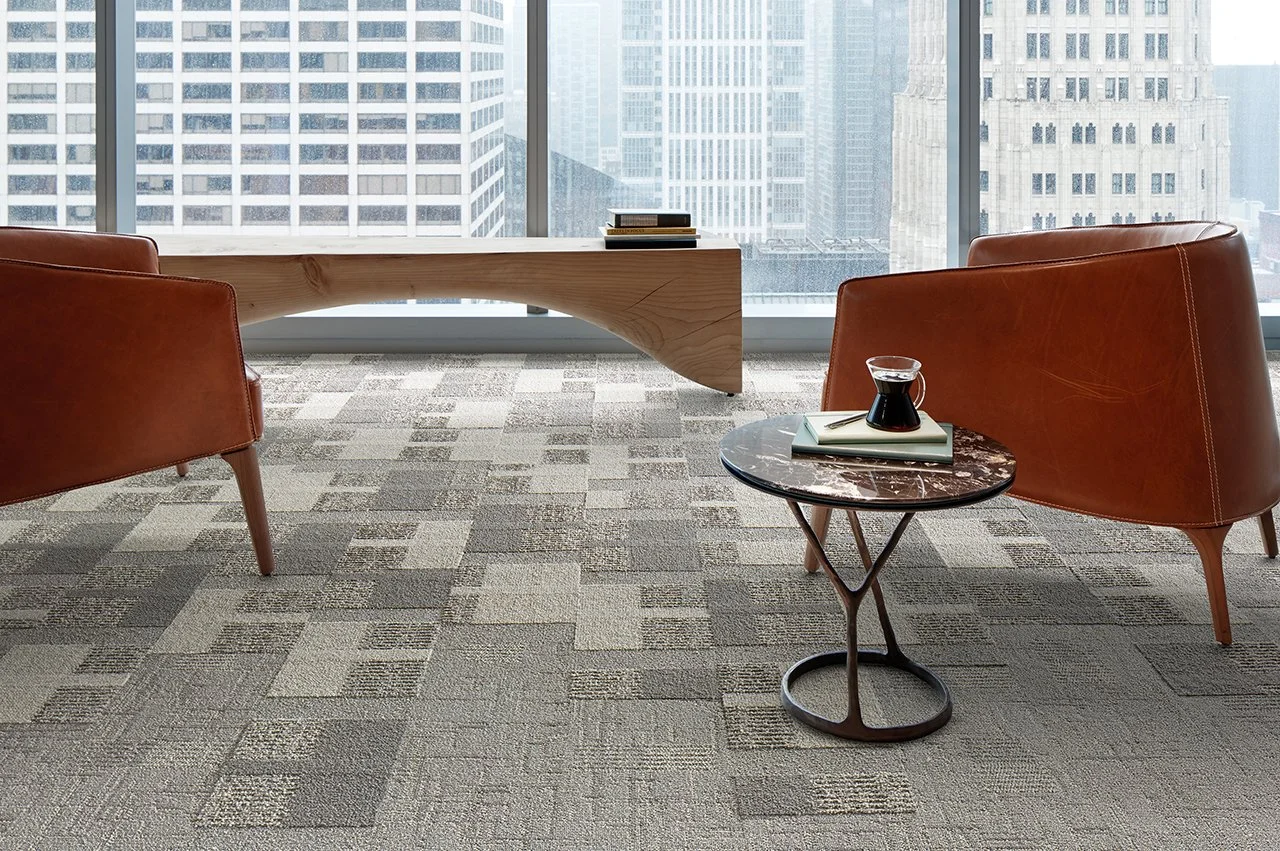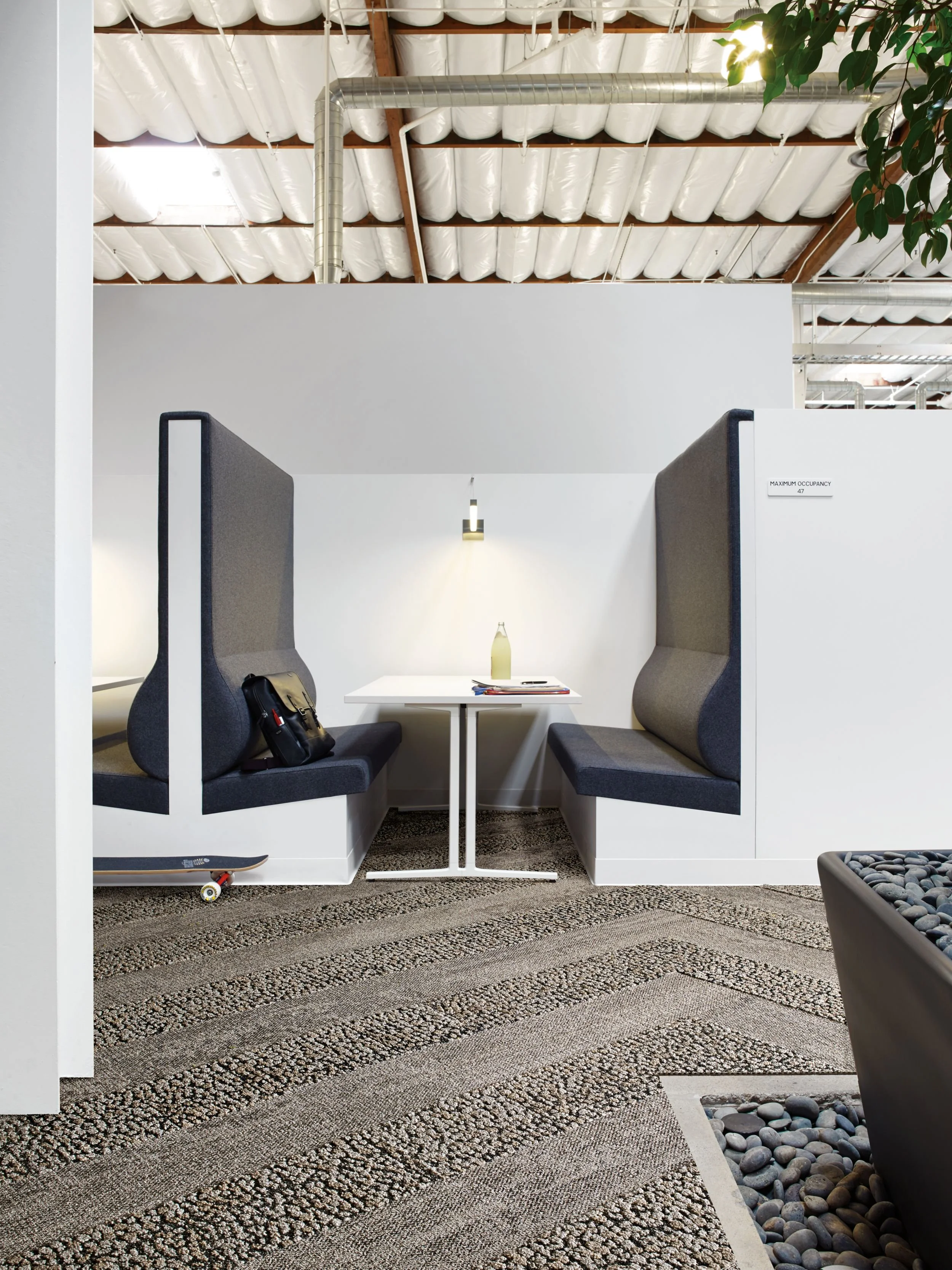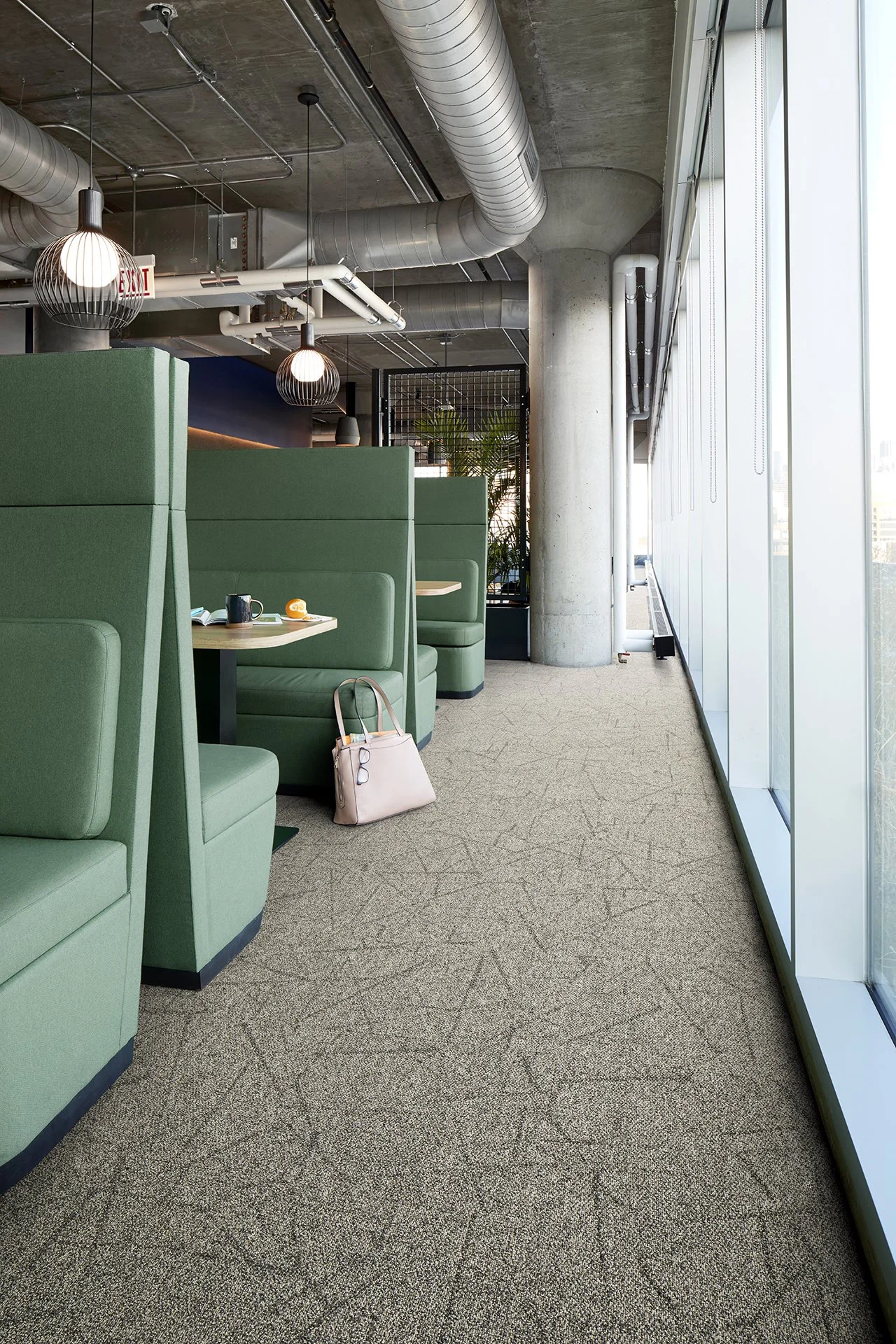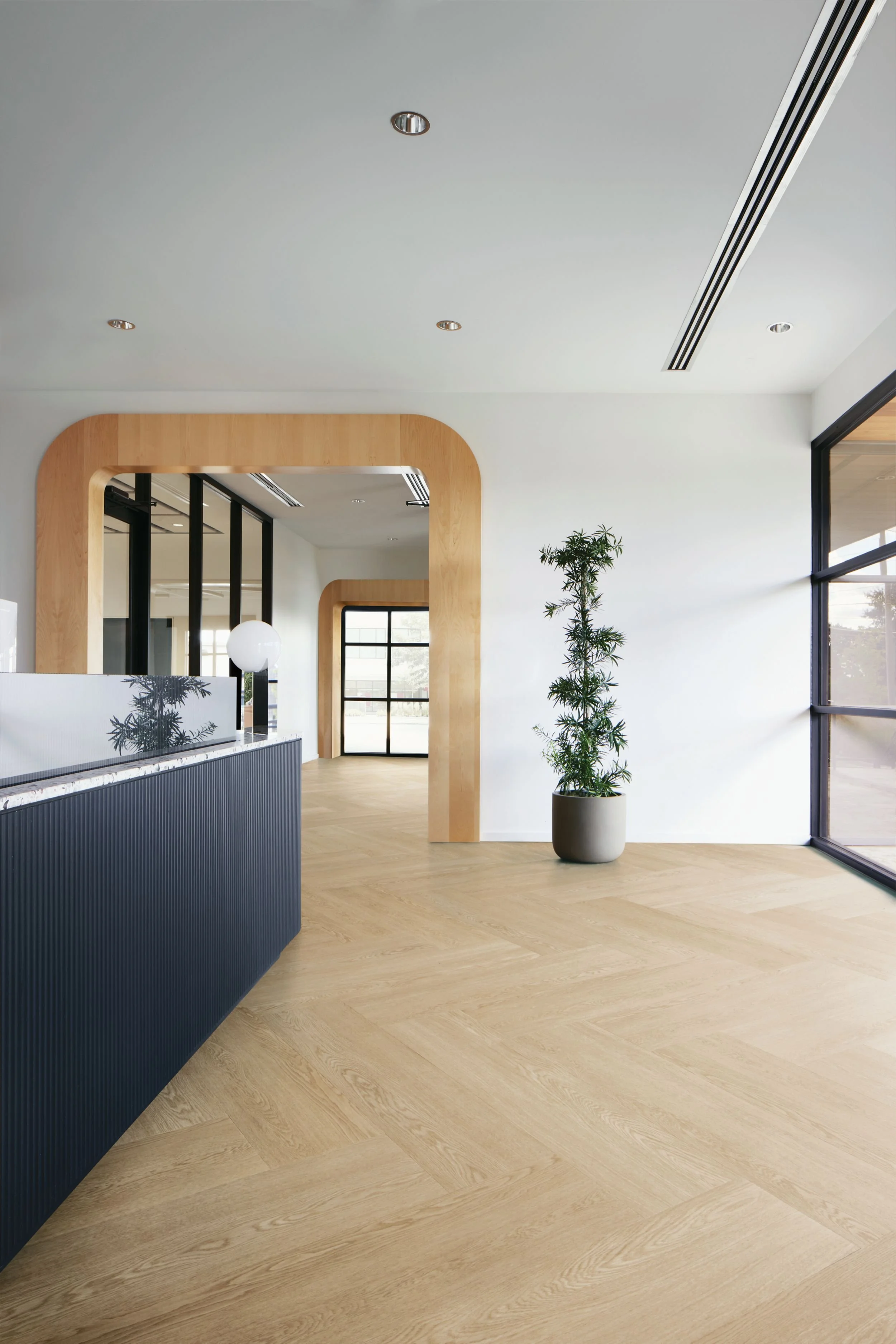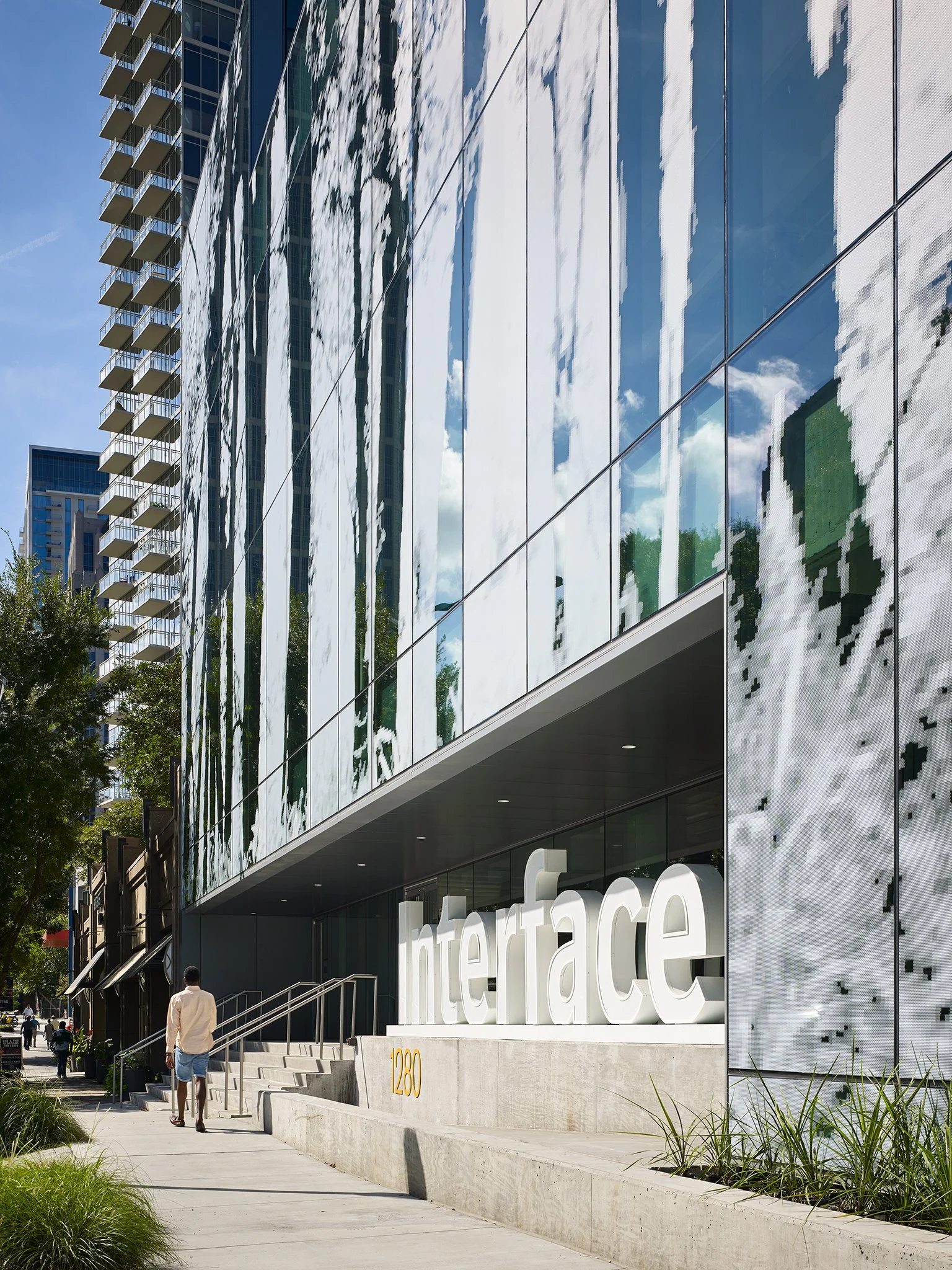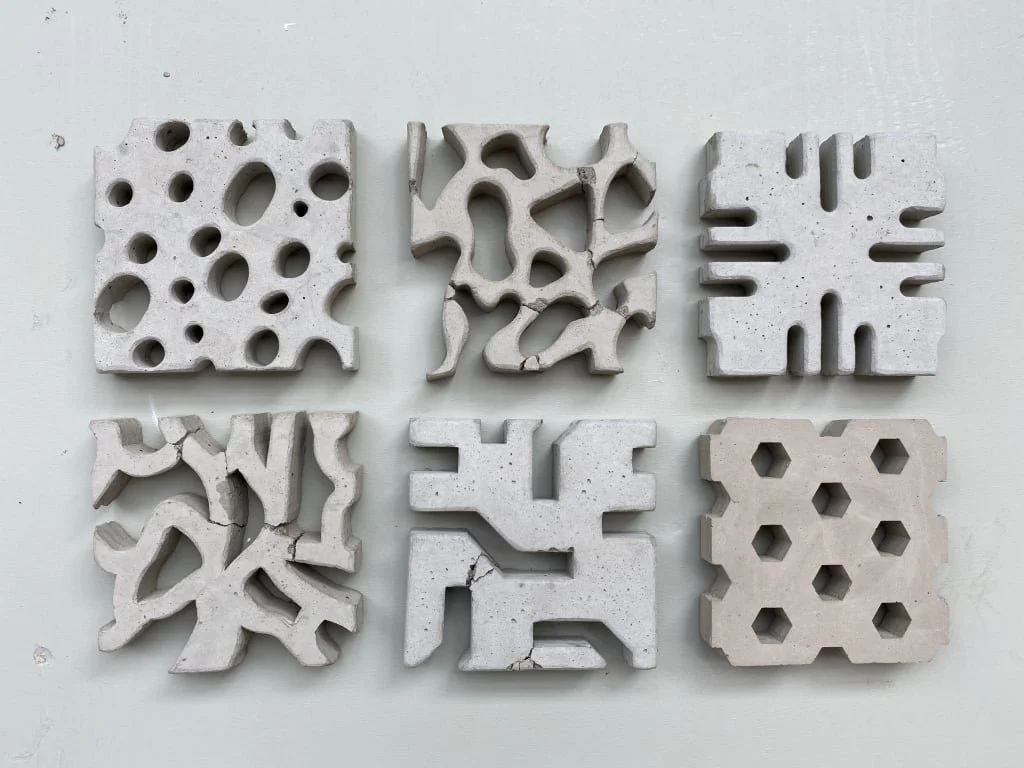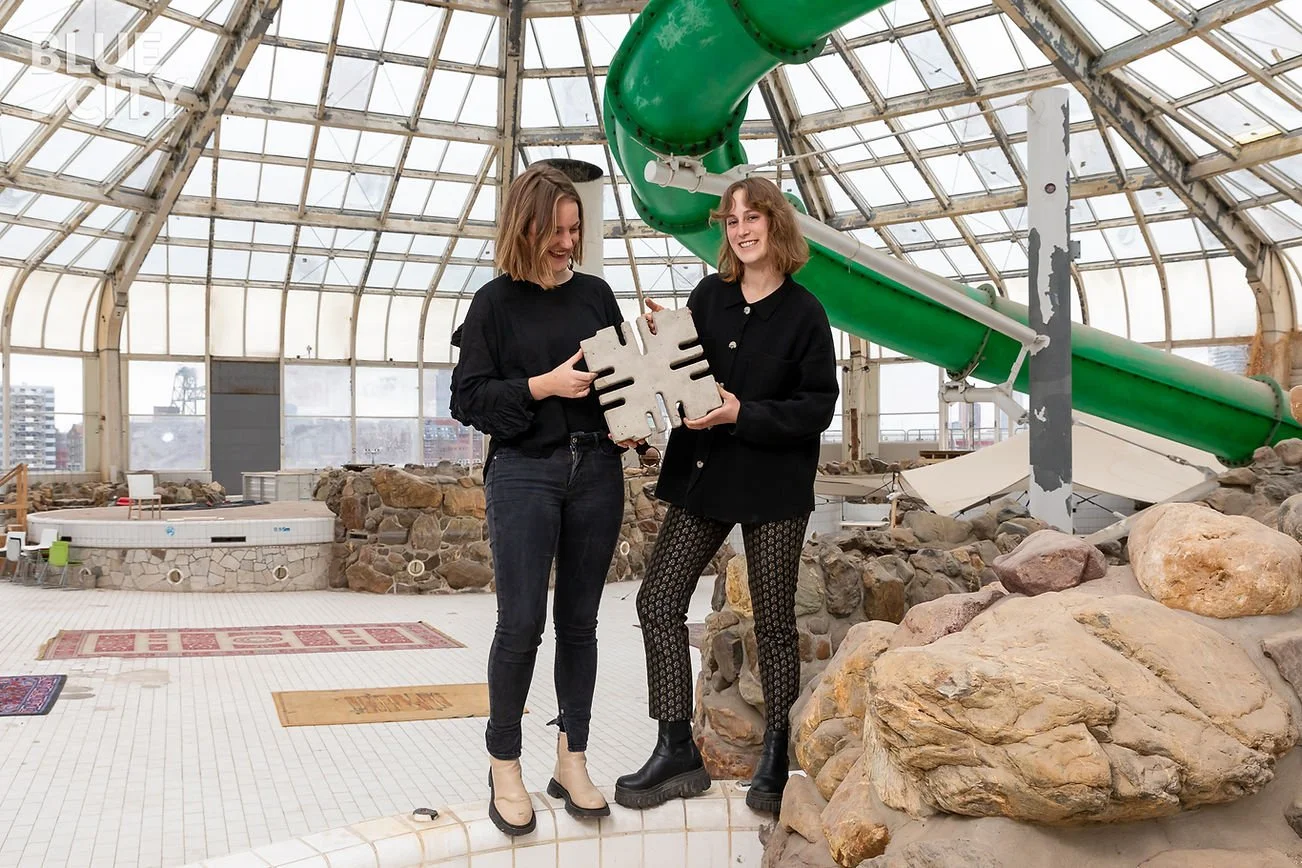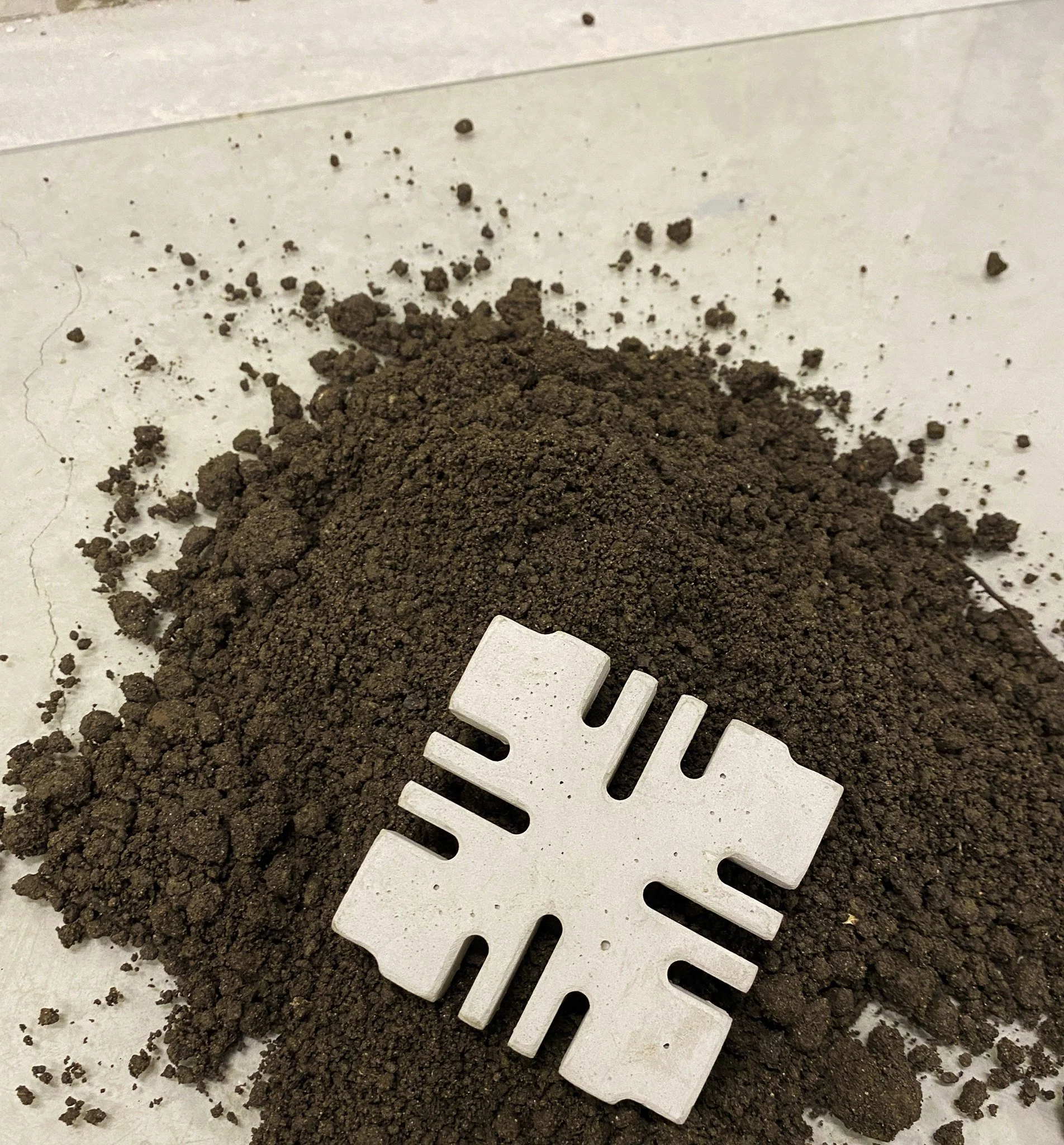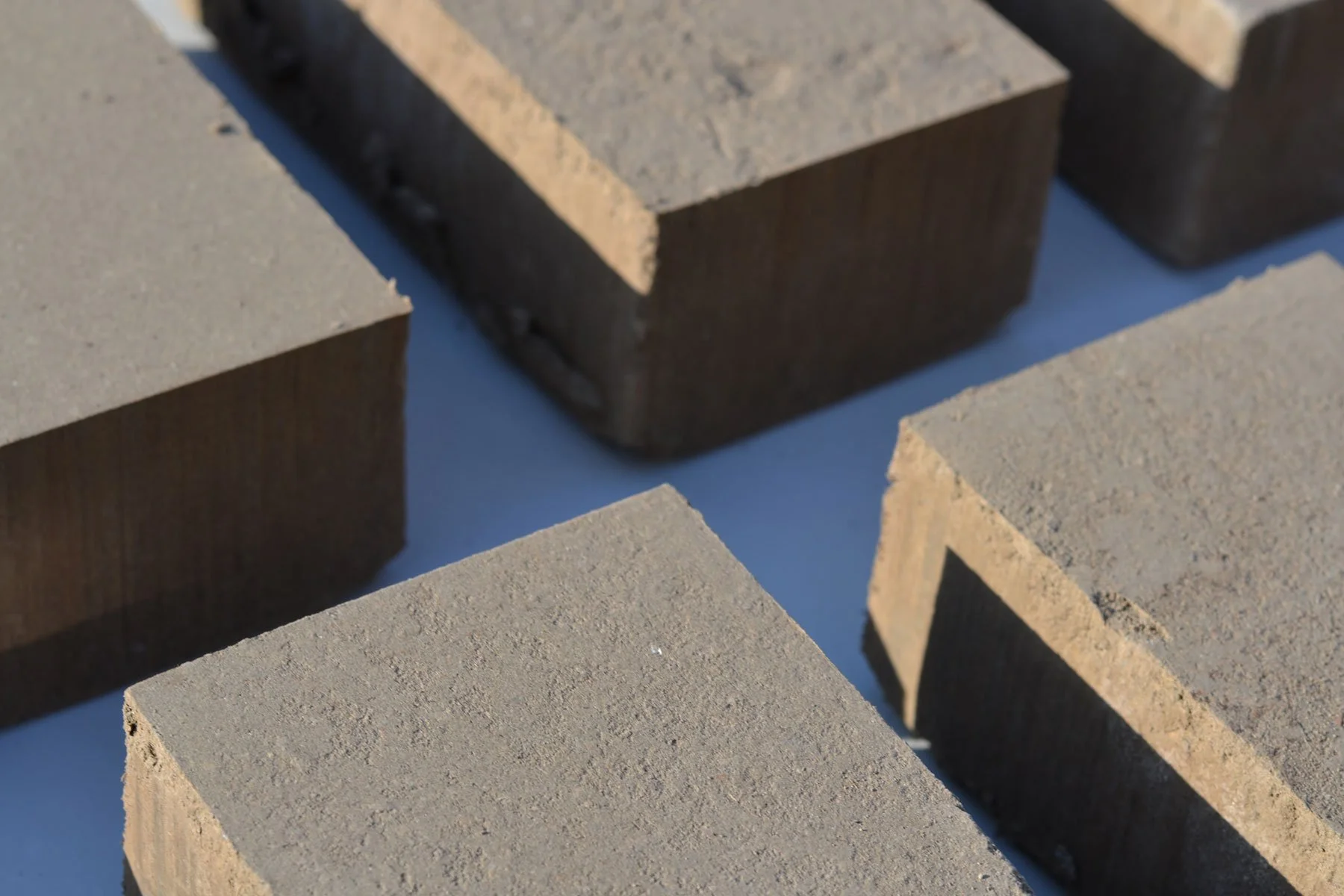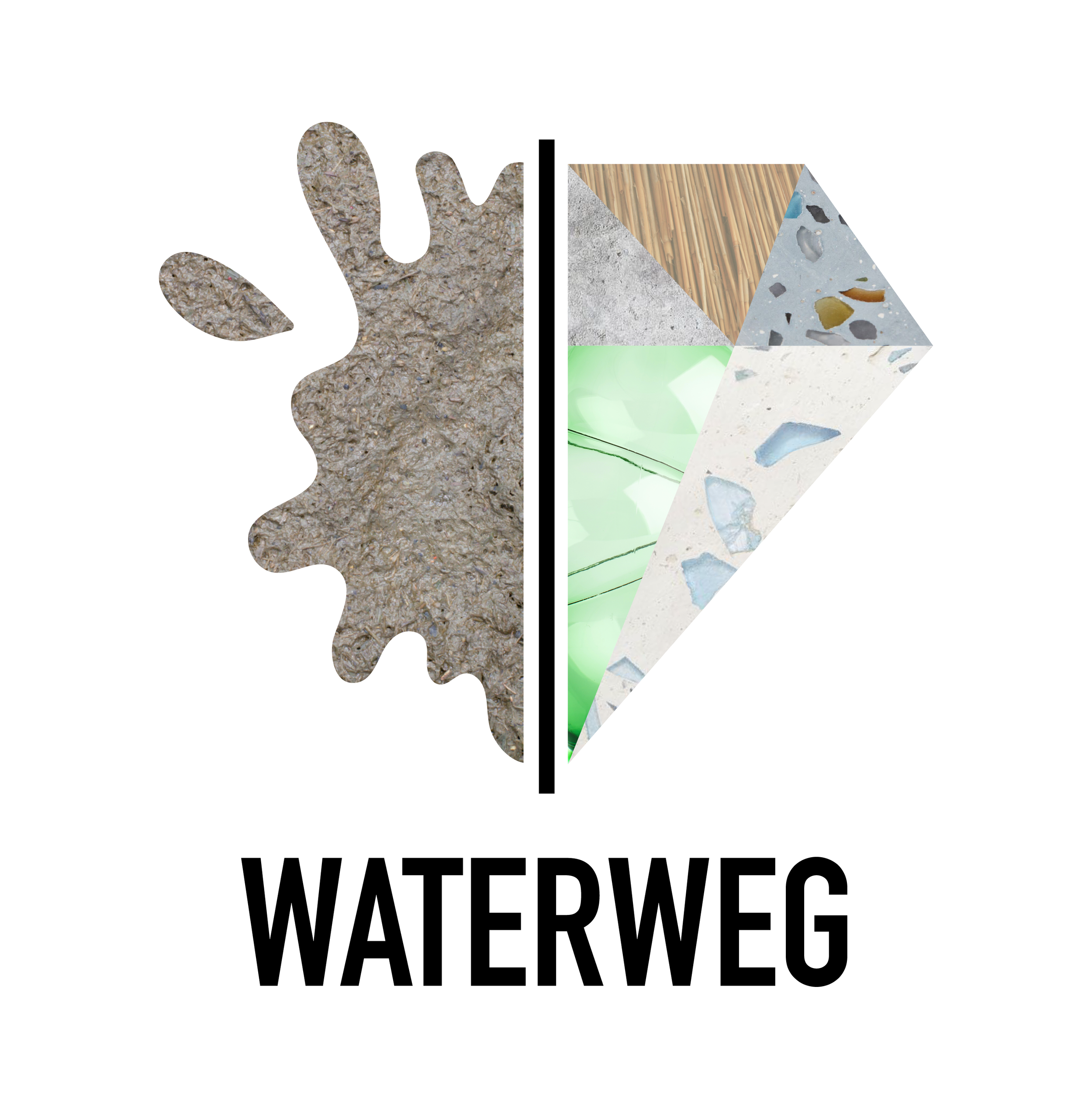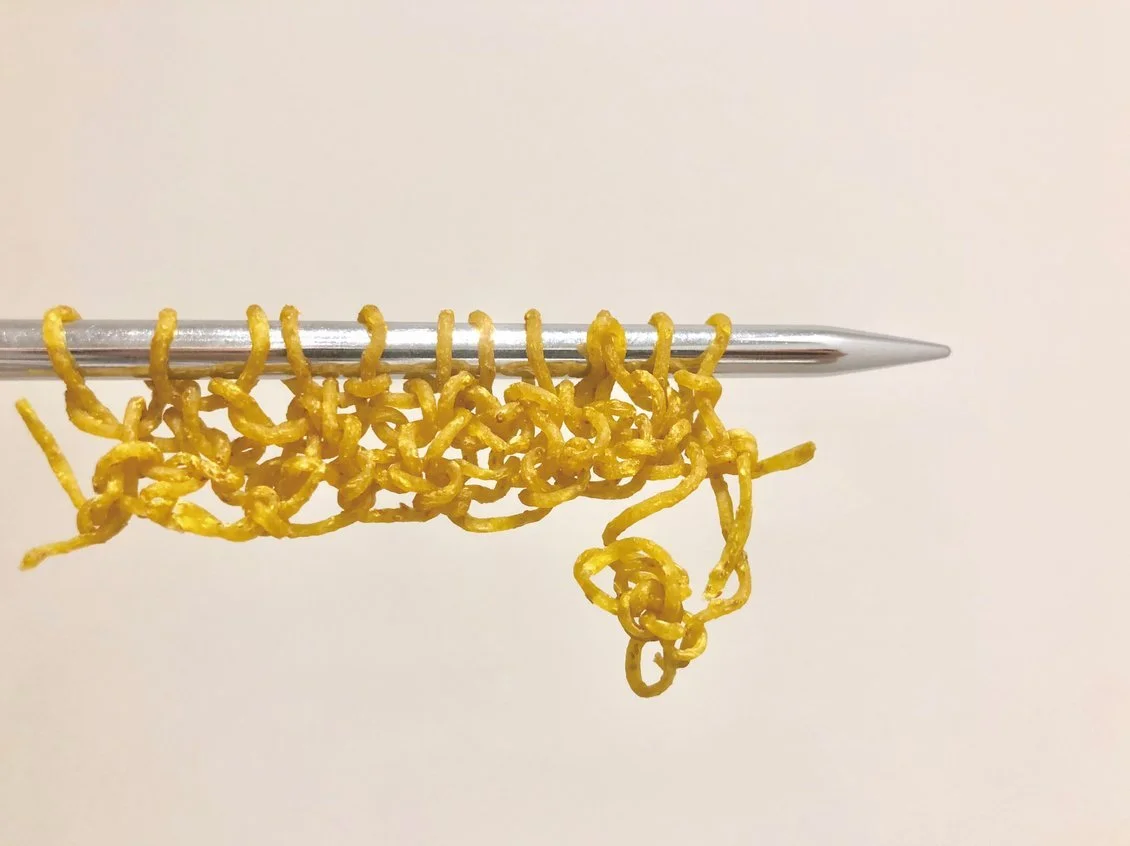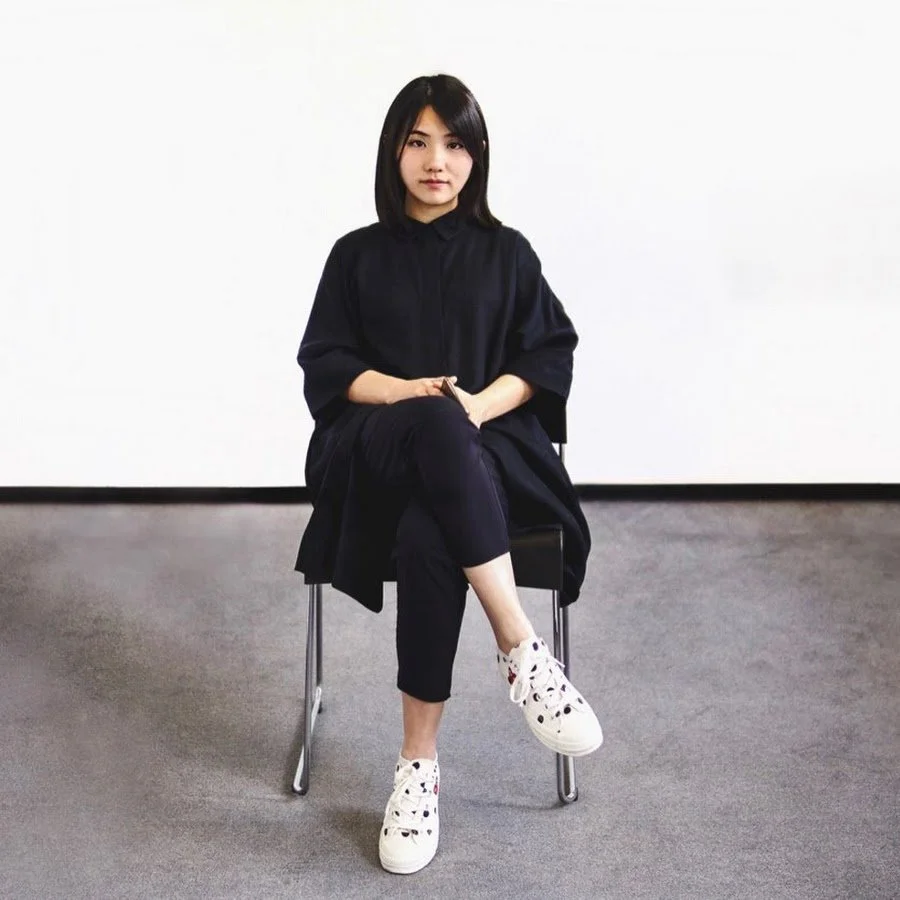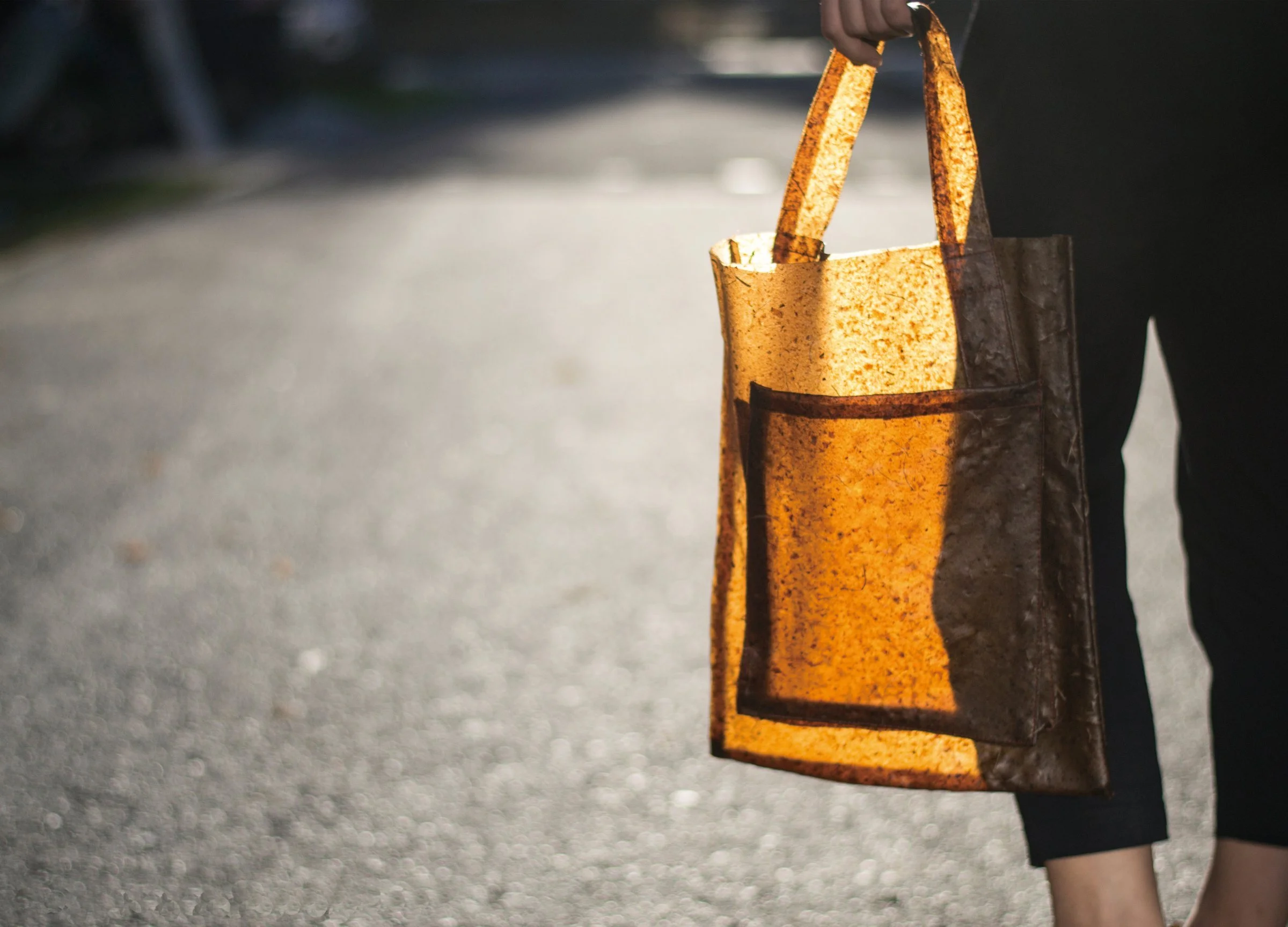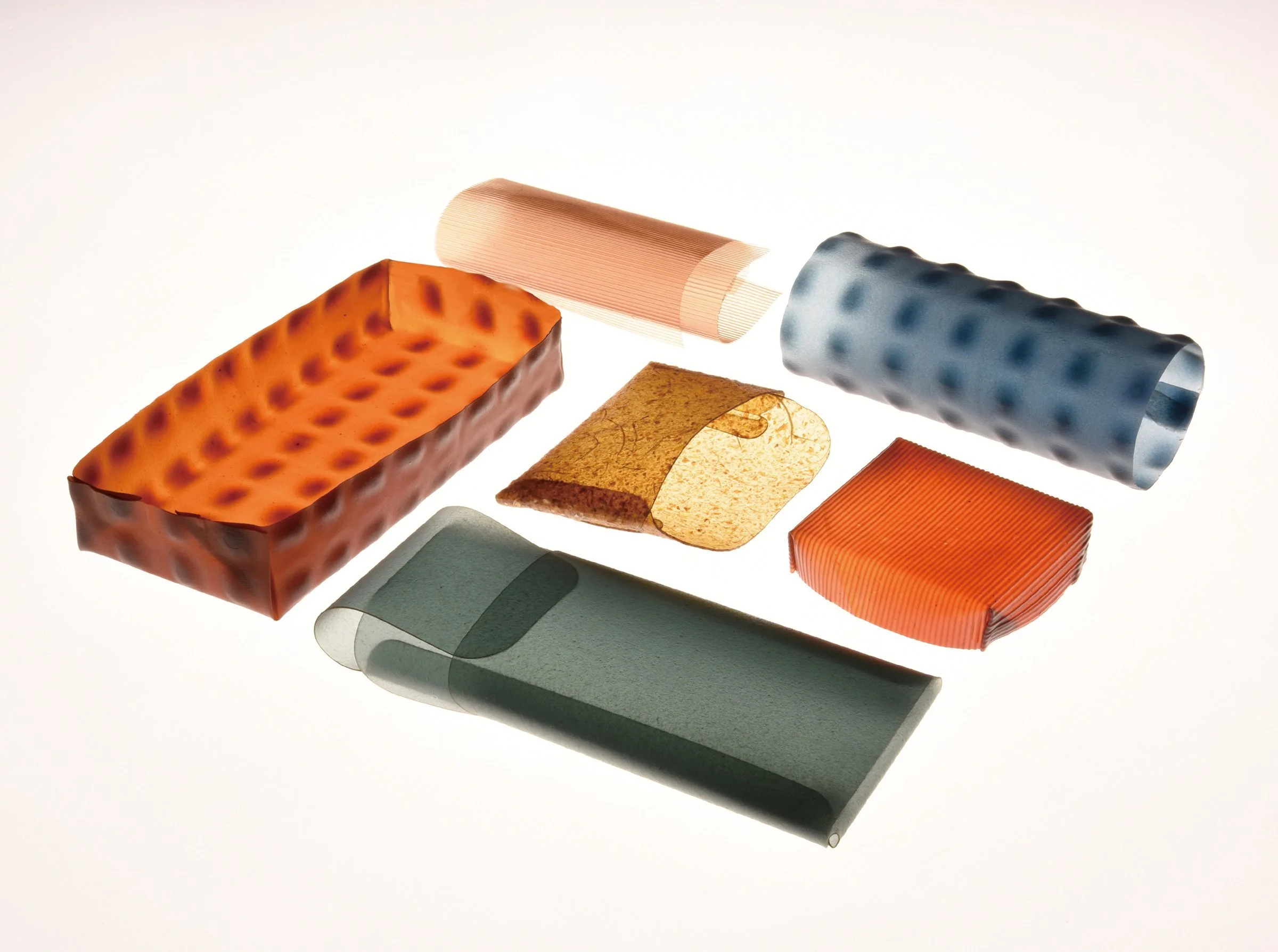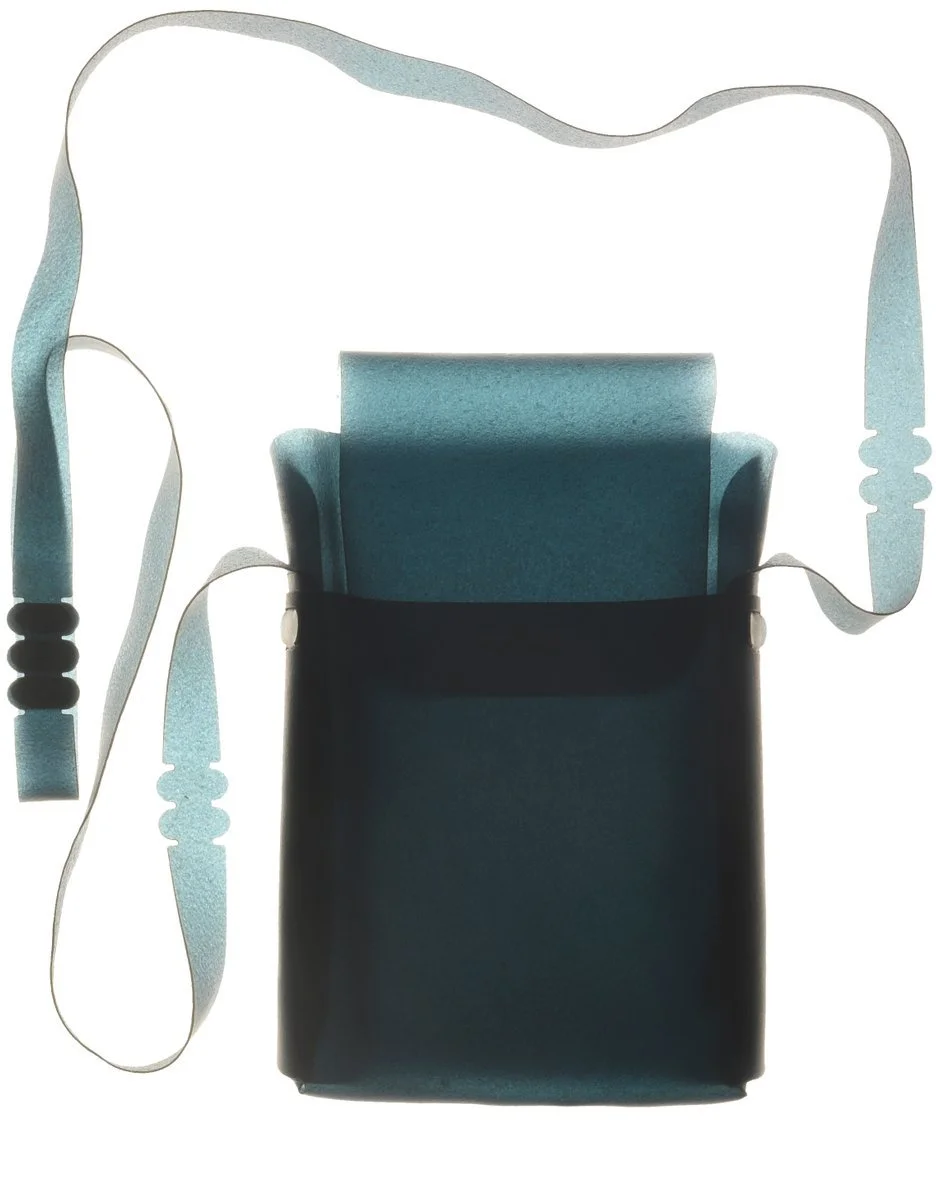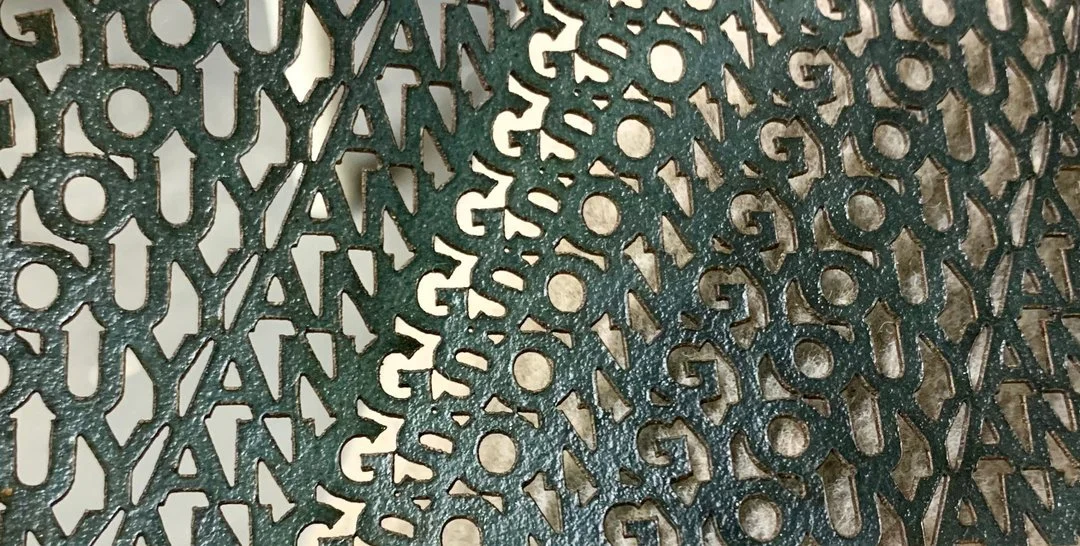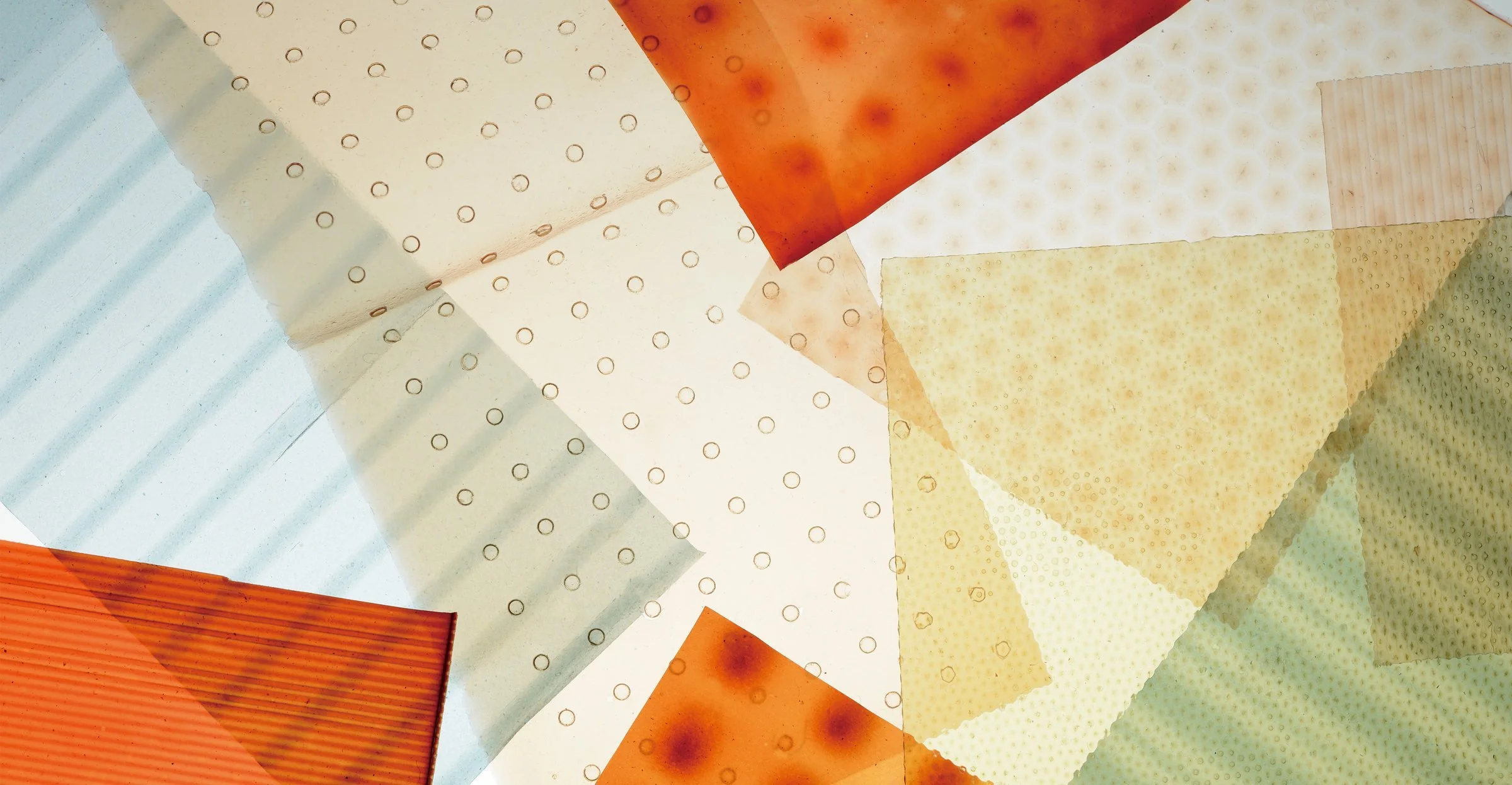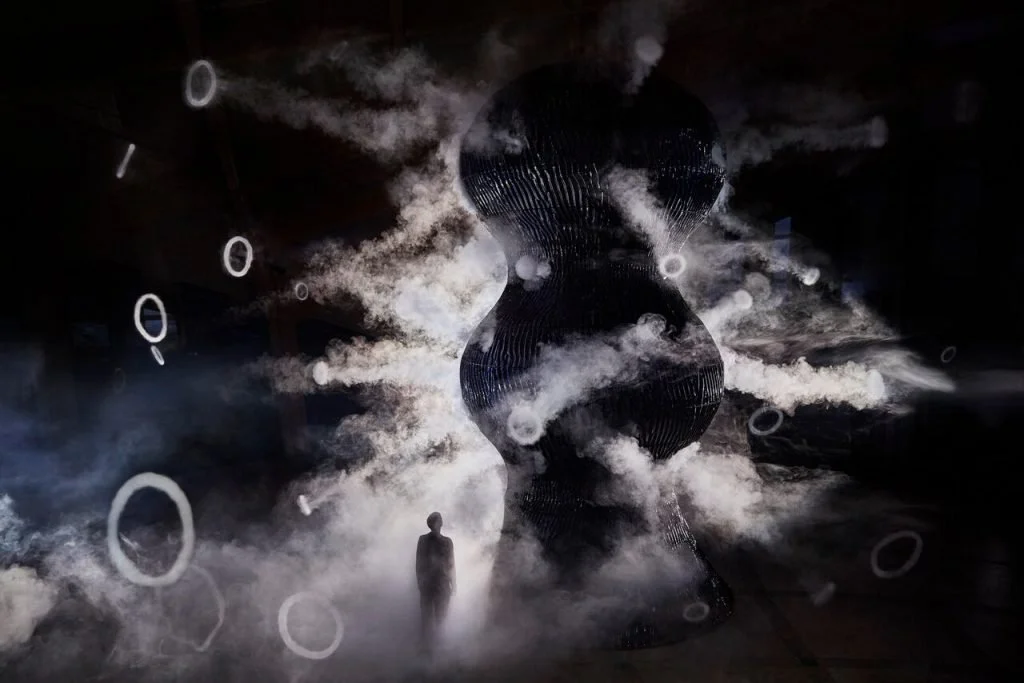 Image 1 of 28
Image 1 of 28

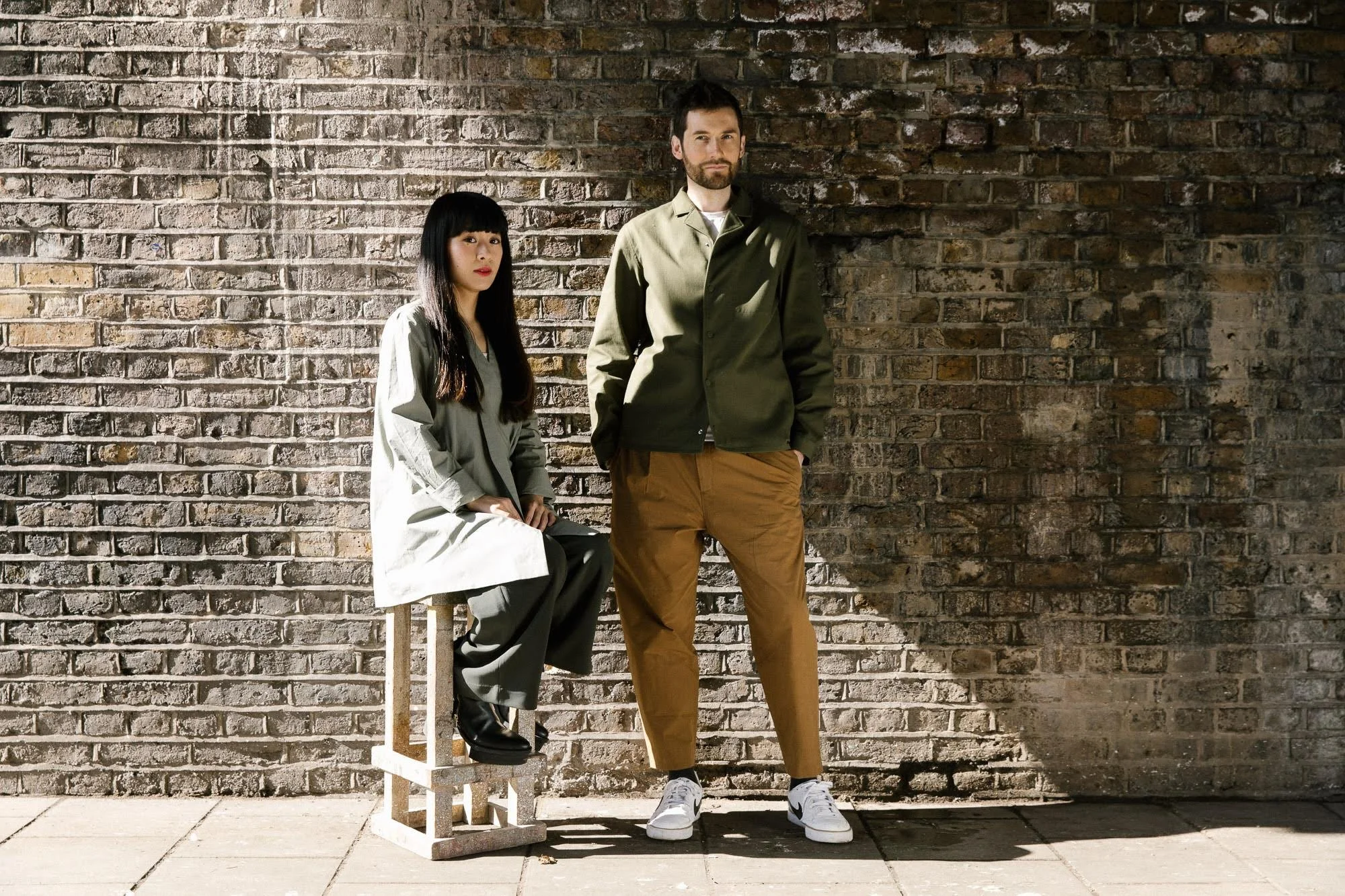 Image 2 of 28
Image 2 of 28

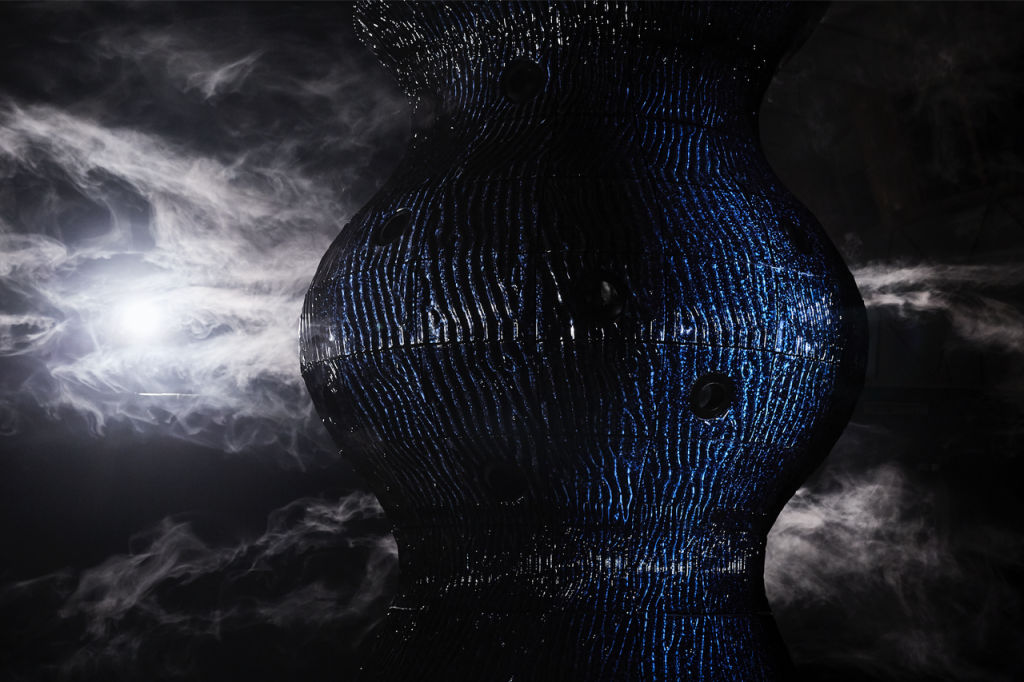 Image 3 of 28
Image 3 of 28

 Image 4 of 28
Image 4 of 28

 Image 5 of 28
Image 5 of 28

 Image 6 of 28
Image 6 of 28

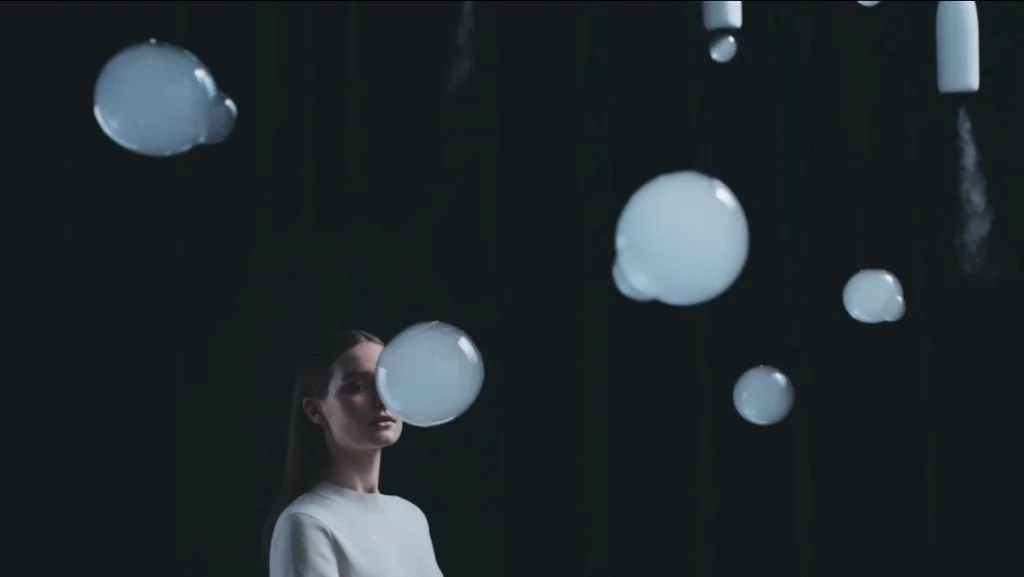 Image 7 of 28
Image 7 of 28

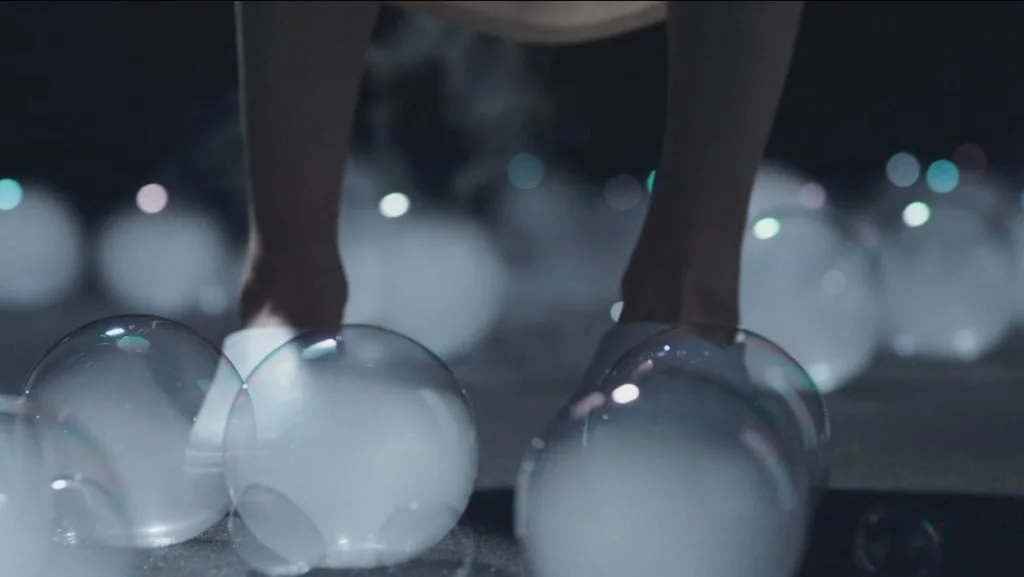 Image 8 of 28
Image 8 of 28

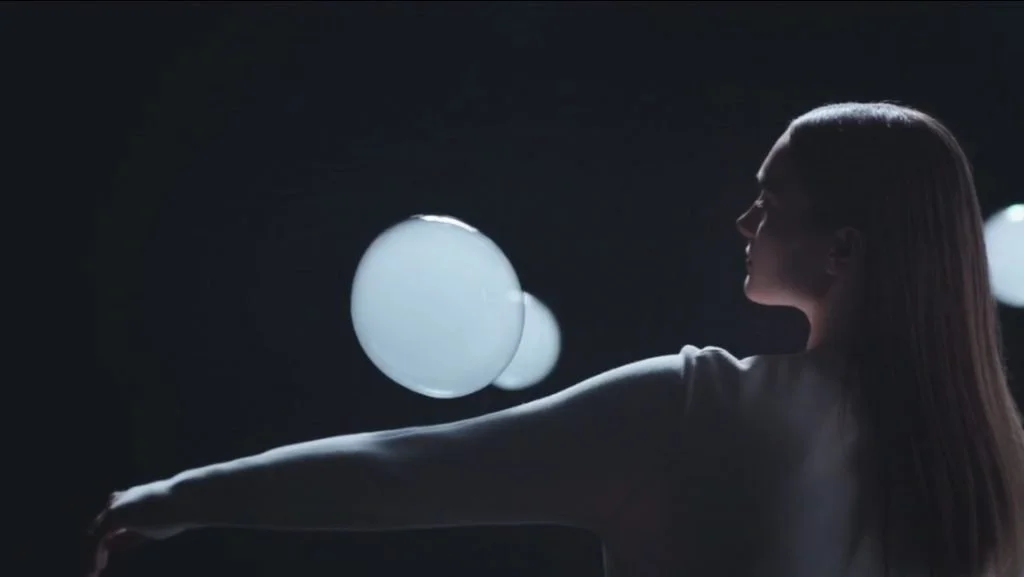 Image 9 of 28
Image 9 of 28

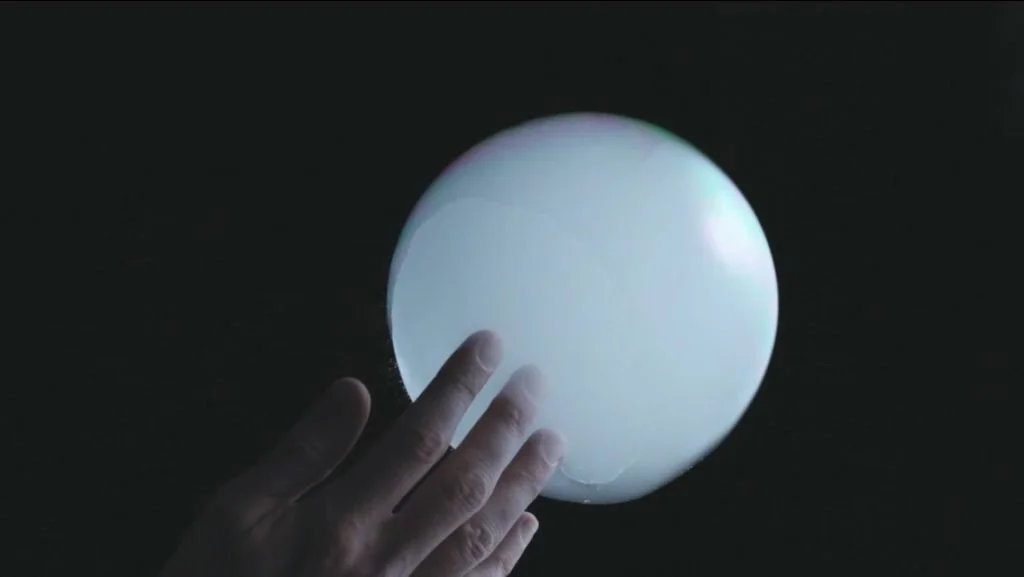 Image 10 of 28
Image 10 of 28

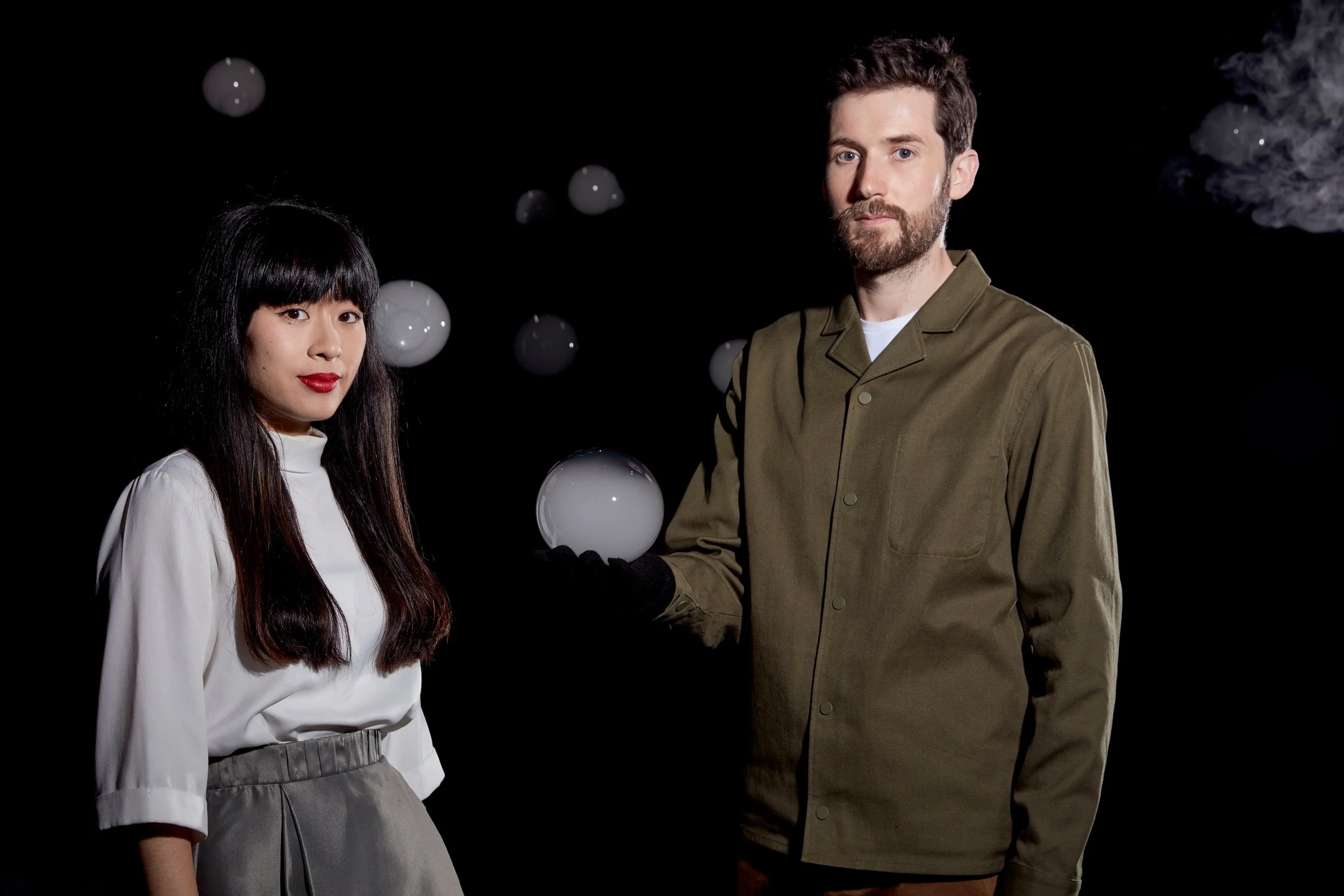 Image 11 of 28
Image 11 of 28

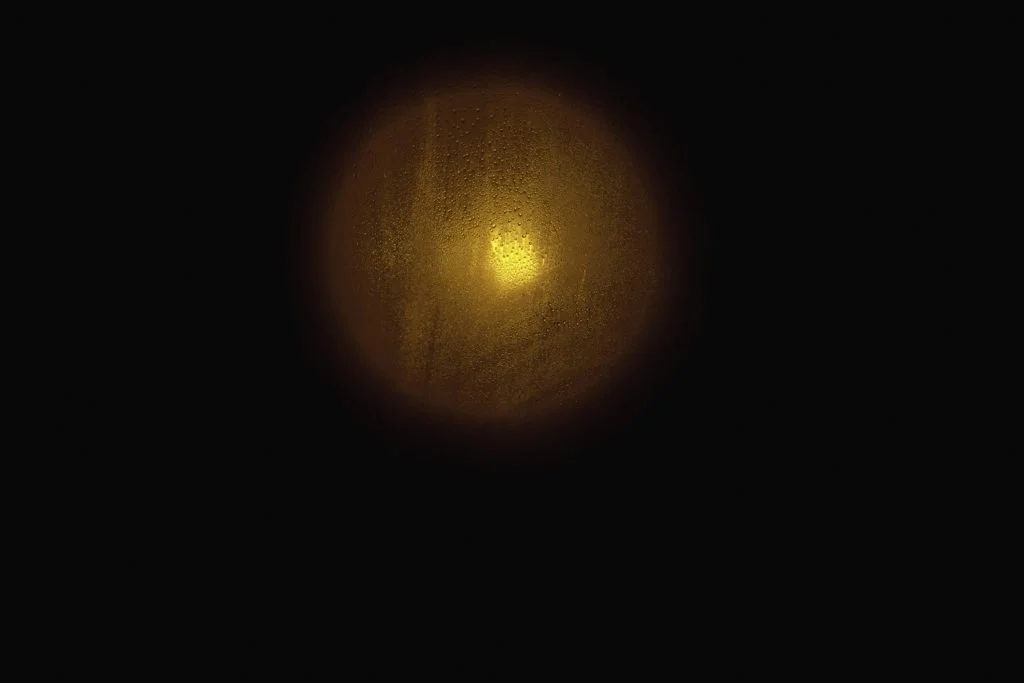 Image 12 of 28
Image 12 of 28

 Image 13 of 28
Image 13 of 28

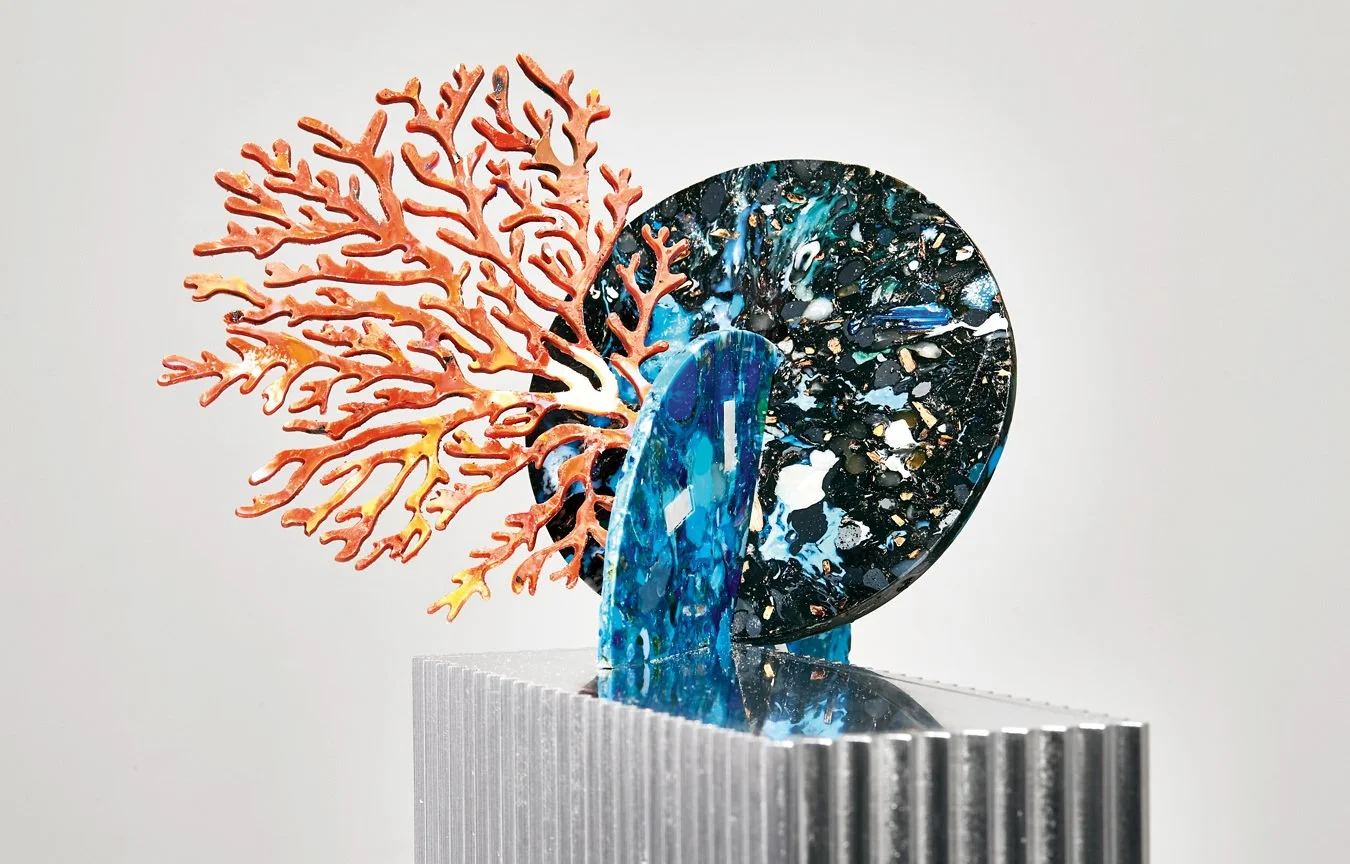 Image 14 of 28
Image 14 of 28

 Image 15 of 28
Image 15 of 28

 Image 16 of 28
Image 16 of 28

 Image 17 of 28
Image 17 of 28

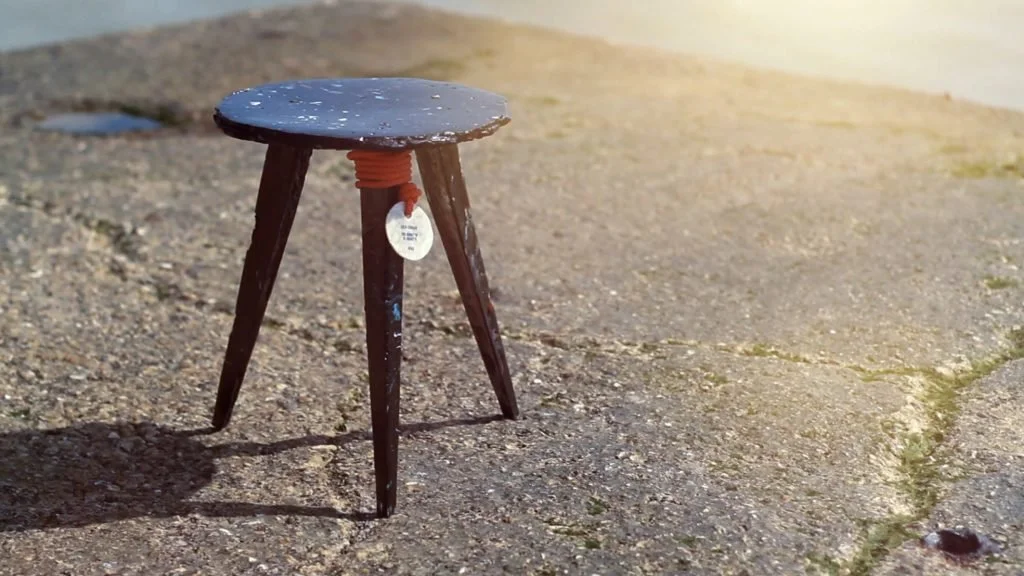 Image 18 of 28
Image 18 of 28

 Image 19 of 28
Image 19 of 28

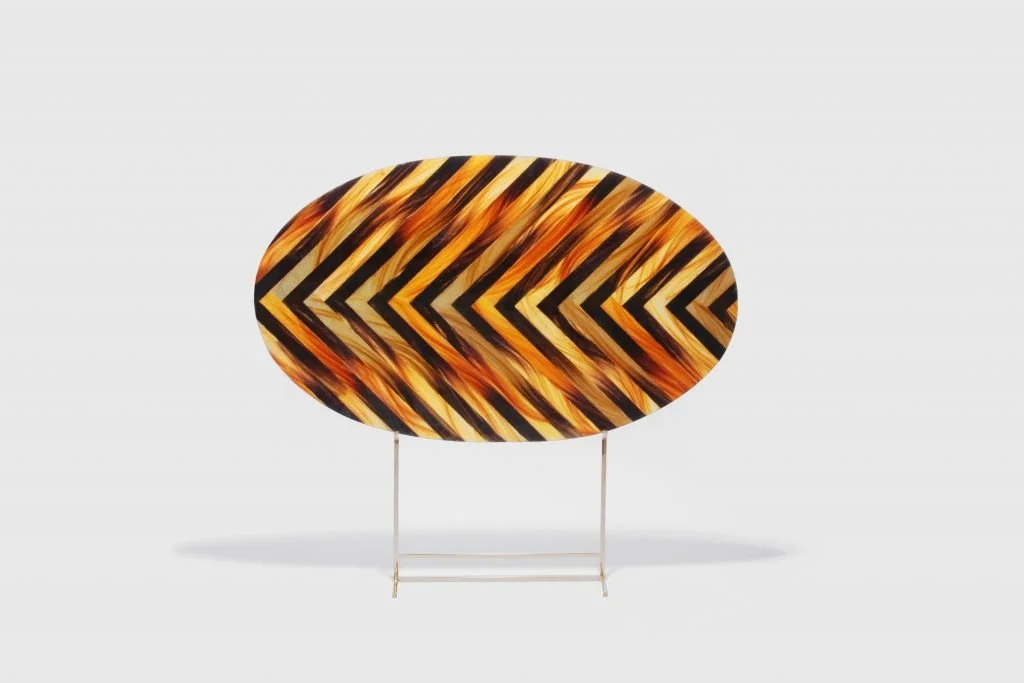 Image 20 of 28
Image 20 of 28

 Image 21 of 28
Image 21 of 28

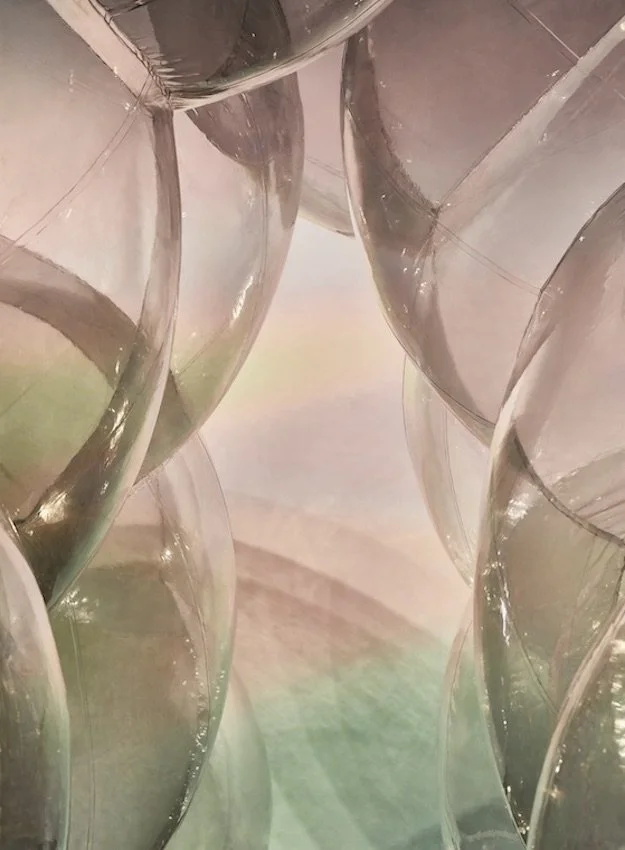 Image 22 of 28
Image 22 of 28

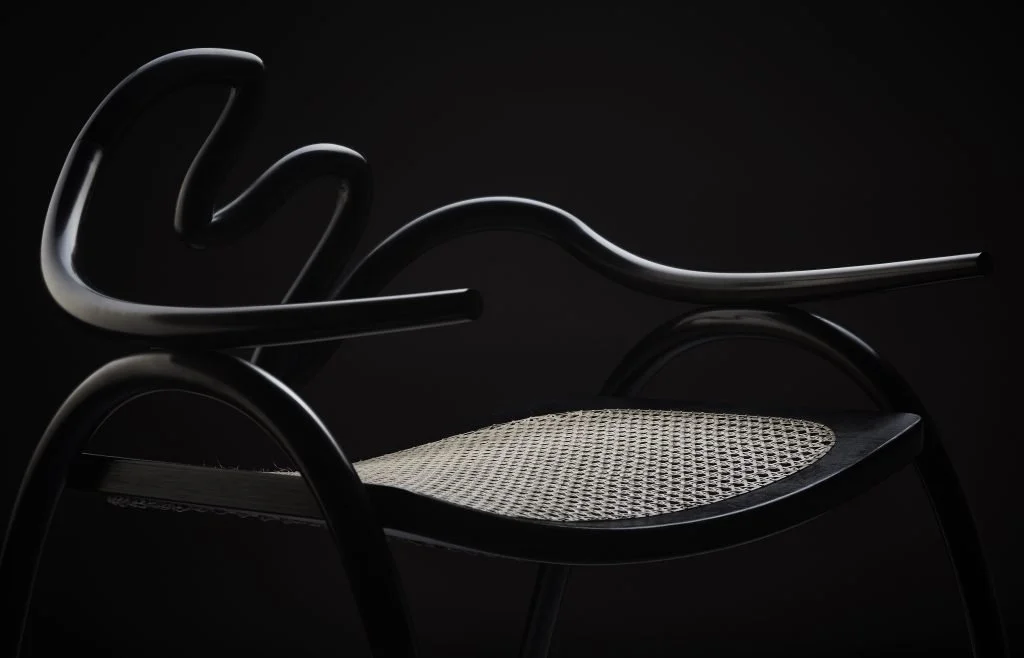 Image 23 of 28
Image 23 of 28

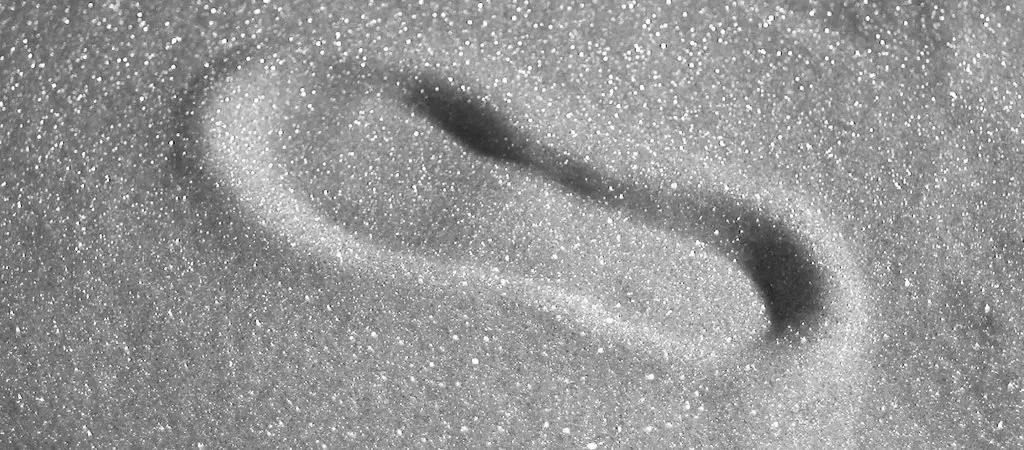 Image 24 of 28
Image 24 of 28

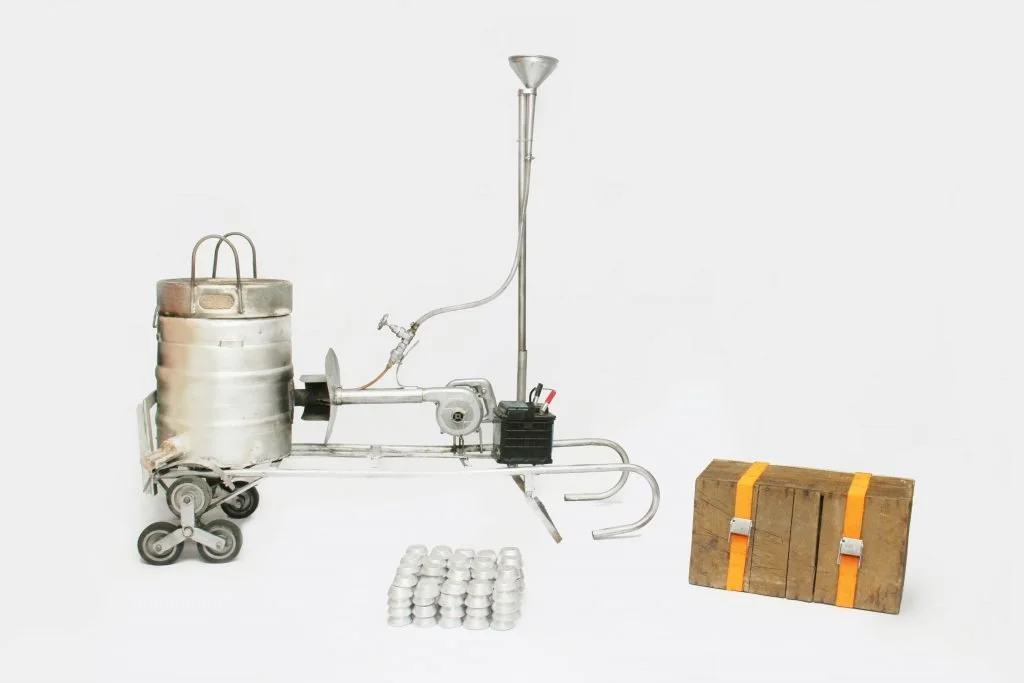 Image 25 of 28
Image 25 of 28

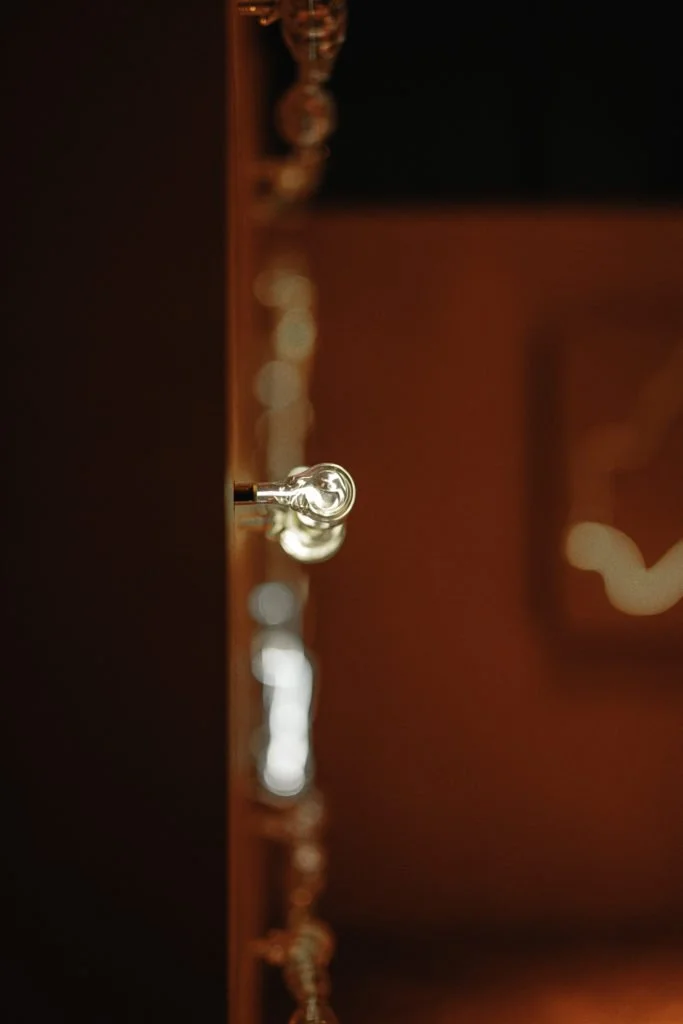 Image 26 of 28
Image 26 of 28

 Image 27 of 28
Image 27 of 28

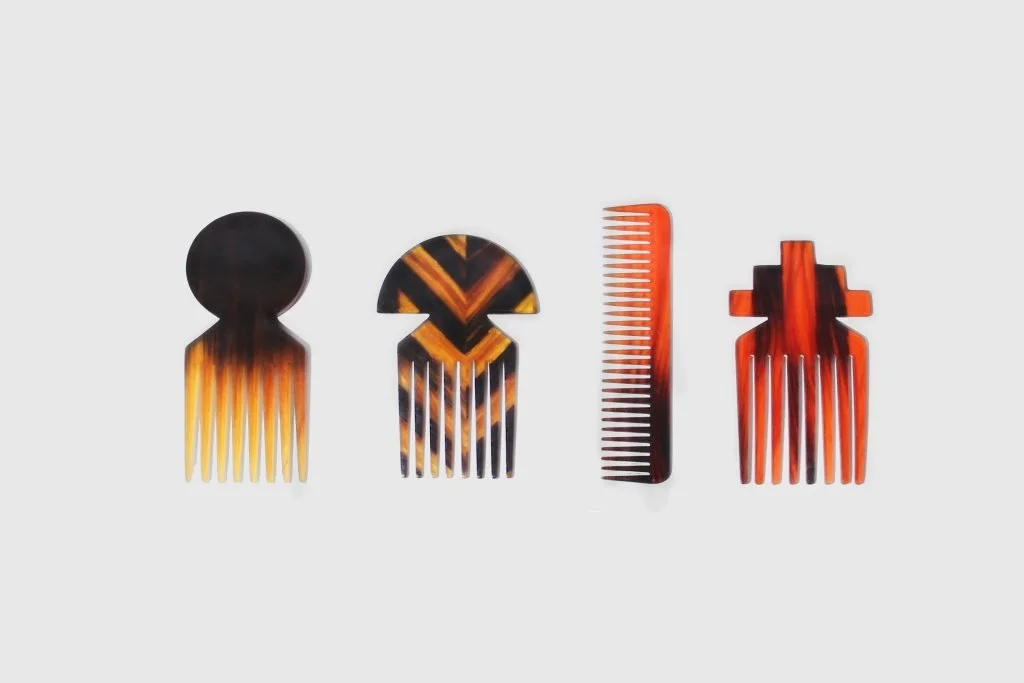 Image 28 of 28
Image 28 of 28





























Studio Swine = Super Wide Interdisciplinary New Explorers
Studio Swine (Super Wide Interdisciplinary New Explorers) is a collaboration between Japanese Architect Azusa Murakami and British Artist Alexander Groves, founded in 2011. The studio was established with the mission to create works that blend poetry and research into immersive experiences, often focusing on sustainability and material innovation. Studio Swine's current mission emphasises developing an engaging approach to sustainability through materials innovation combined with unique, captivating stories. Core values include innovation, sustainability, and interdisciplinary exploration, with a purpose to redefine the relationship between design, materials, and the environment.
Location
Headquarters: London, United Kingdom.
Primary manufacturing/operations locations: Various global locations for projects and collaborations.
The Circular Vision
Core circular economy principles: Designing out waste, using recycled and sustainable materials, and creating products that promote environmental awareness.
Key innovations: Development of projects like "Hair Highway" (using human hair as a sustainable alternative to hardwoods), "Sea Chair" (creating furniture from ocean plastic), and "Can City" (transforming discarded aluminum cans into new objects).
Prioritization of local sourcing and closed-loop supply chains: Emphasis on using locally sourced waste materials and sustainable production methods to minimize environmental impact and support local economies.
Pioneering Solutions
Flagship projects: "Gyrecraft" (creating luxury objects from ocean plastic), "Hair Highway" (exploring human hair as a design material), and "Can City" (mobile furnace for recycling aluminum cans).
Unique value propositions: High-quality, innovative design solutions that prioritize circularity, material reuse, and environmental responsibility. Studio Swine's work is known for its ability to transform waste materials into desirable, thought-provoking objects.
The Regenerative Future
R&D focus areas: Advancing material innovation techniques, exploring new applications for waste materials, and developing solutions that further reduce waste and energy consumption in design and production processes.
Ambitious goals: To lead the design industry in sustainable practices, create zero-waste products and installations, and inspire a shift towards a regenerative approach to material design and usage.
Fact Sheet
Commercial Availability: Design services and products available through exhibitions, galleries, and collaborations with brands and institutions.
Circularity Rating: 5/5 (Strong focus on circular economy principles and waste reduction).
Key Certifications: RCA Sustain Award (2011) for Sea Chair project.
Cost Rating: 4/5 (Competitive with high-end design services, with significant value in sustainability and innovation).
Material Passport: Detailed material traceability and use of recycled and innovative sustainable materials.
Designed for Disassembly: Information not explicitly provided, but emphasis on material reuse suggests potential for disassembly.
Carbon Performance: Focus on reducing carbon footprint through the use of waste materials and local production. Committed to minimizing environmental impact through efficient design and manufacturing processes.
Key Takeaway
Studio Swine transforms the design industry through innovative, sustainable solutions that prioritize circular economy principles, setting a benchmark for environmental responsibility and material innovation in contemporary design.
Explore Further
Studio Swine website: https://studioswine.com
Example project: Infinity Blue
Studio Swine (Super Wide Interdisciplinary New Explorers) is a collaboration between Japanese Architect Azusa Murakami and British Artist Alexander Groves, founded in 2011. The studio was established with the mission to create works that blend poetry and research into immersive experiences, often focusing on sustainability and material innovation. Studio Swine's current mission emphasises developing an engaging approach to sustainability through materials innovation combined with unique, captivating stories. Core values include innovation, sustainability, and interdisciplinary exploration, with a purpose to redefine the relationship between design, materials, and the environment.
Location
Headquarters: London, United Kingdom.
Primary manufacturing/operations locations: Various global locations for projects and collaborations.
The Circular Vision
Core circular economy principles: Designing out waste, using recycled and sustainable materials, and creating products that promote environmental awareness.
Key innovations: Development of projects like "Hair Highway" (using human hair as a sustainable alternative to hardwoods), "Sea Chair" (creating furniture from ocean plastic), and "Can City" (transforming discarded aluminum cans into new objects).
Prioritization of local sourcing and closed-loop supply chains: Emphasis on using locally sourced waste materials and sustainable production methods to minimize environmental impact and support local economies.
Pioneering Solutions
Flagship projects: "Gyrecraft" (creating luxury objects from ocean plastic), "Hair Highway" (exploring human hair as a design material), and "Can City" (mobile furnace for recycling aluminum cans).
Unique value propositions: High-quality, innovative design solutions that prioritize circularity, material reuse, and environmental responsibility. Studio Swine's work is known for its ability to transform waste materials into desirable, thought-provoking objects.
The Regenerative Future
R&D focus areas: Advancing material innovation techniques, exploring new applications for waste materials, and developing solutions that further reduce waste and energy consumption in design and production processes.
Ambitious goals: To lead the design industry in sustainable practices, create zero-waste products and installations, and inspire a shift towards a regenerative approach to material design and usage.
Fact Sheet
Commercial Availability: Design services and products available through exhibitions, galleries, and collaborations with brands and institutions.
Circularity Rating: 5/5 (Strong focus on circular economy principles and waste reduction).
Key Certifications: RCA Sustain Award (2011) for Sea Chair project.
Cost Rating: 4/5 (Competitive with high-end design services, with significant value in sustainability and innovation).
Material Passport: Detailed material traceability and use of recycled and innovative sustainable materials.
Designed for Disassembly: Information not explicitly provided, but emphasis on material reuse suggests potential for disassembly.
Carbon Performance: Focus on reducing carbon footprint through the use of waste materials and local production. Committed to minimizing environmental impact through efficient design and manufacturing processes.
Key Takeaway
Studio Swine transforms the design industry through innovative, sustainable solutions that prioritize circular economy principles, setting a benchmark for environmental responsibility and material innovation in contemporary design.
Explore Further
Studio Swine website: https://studioswine.com
Example project: Infinity Blue

